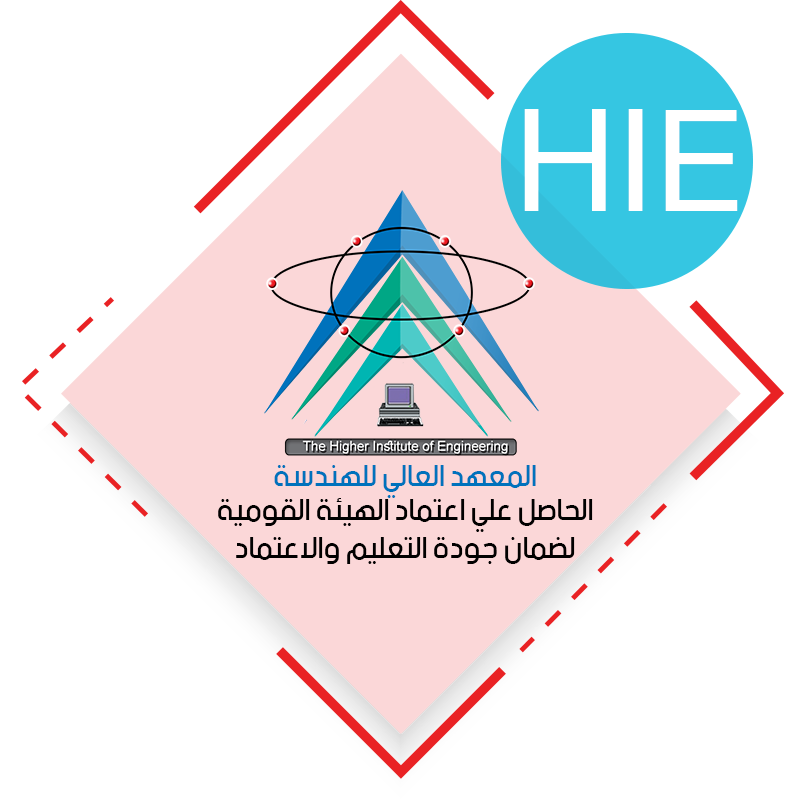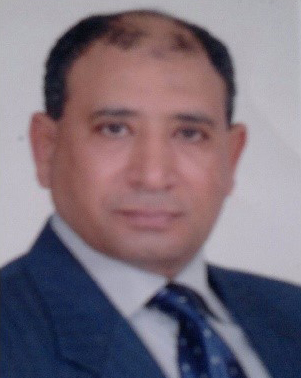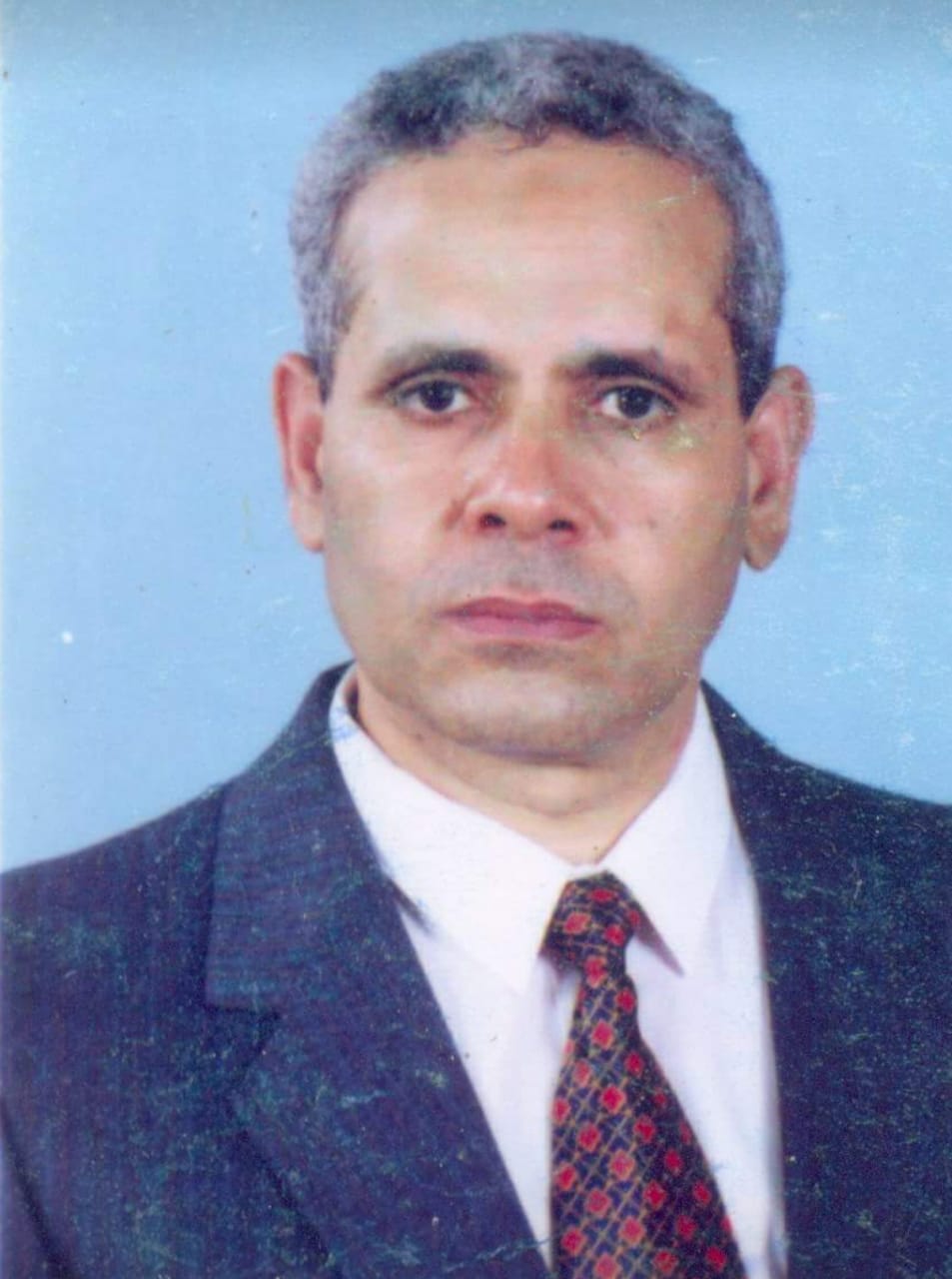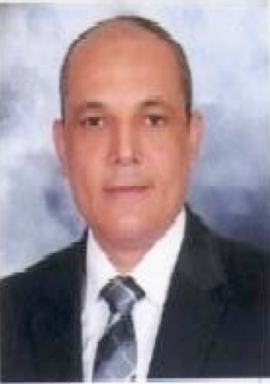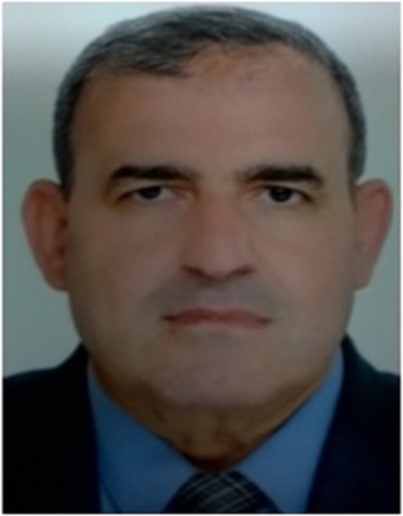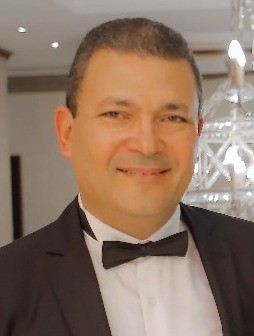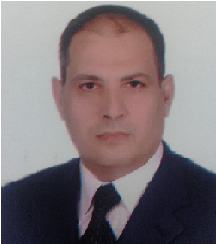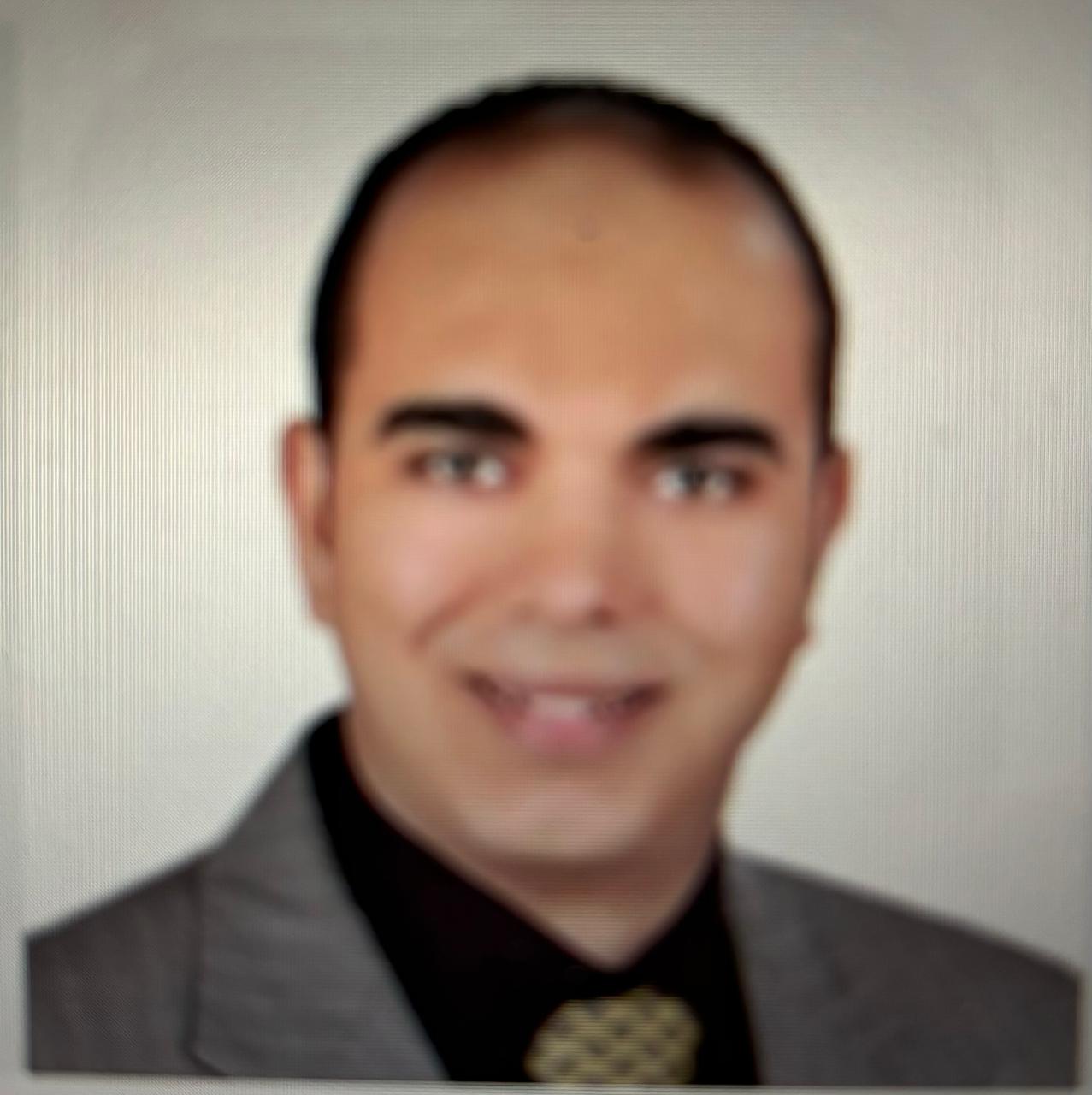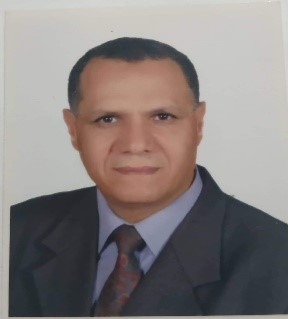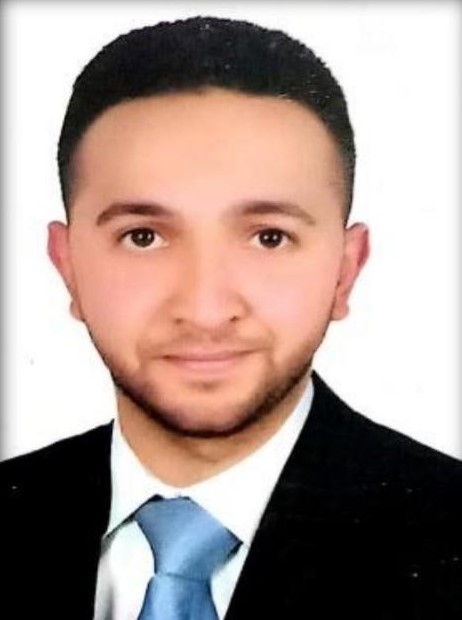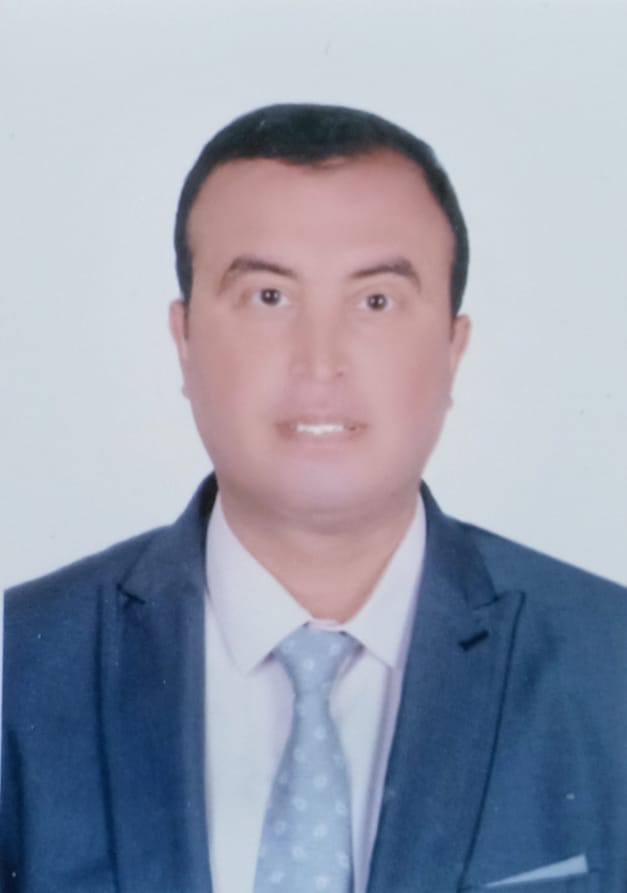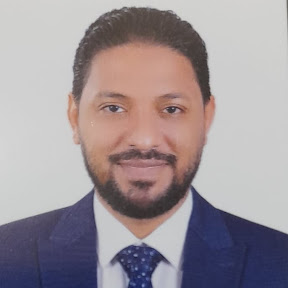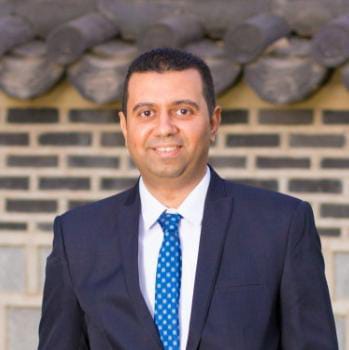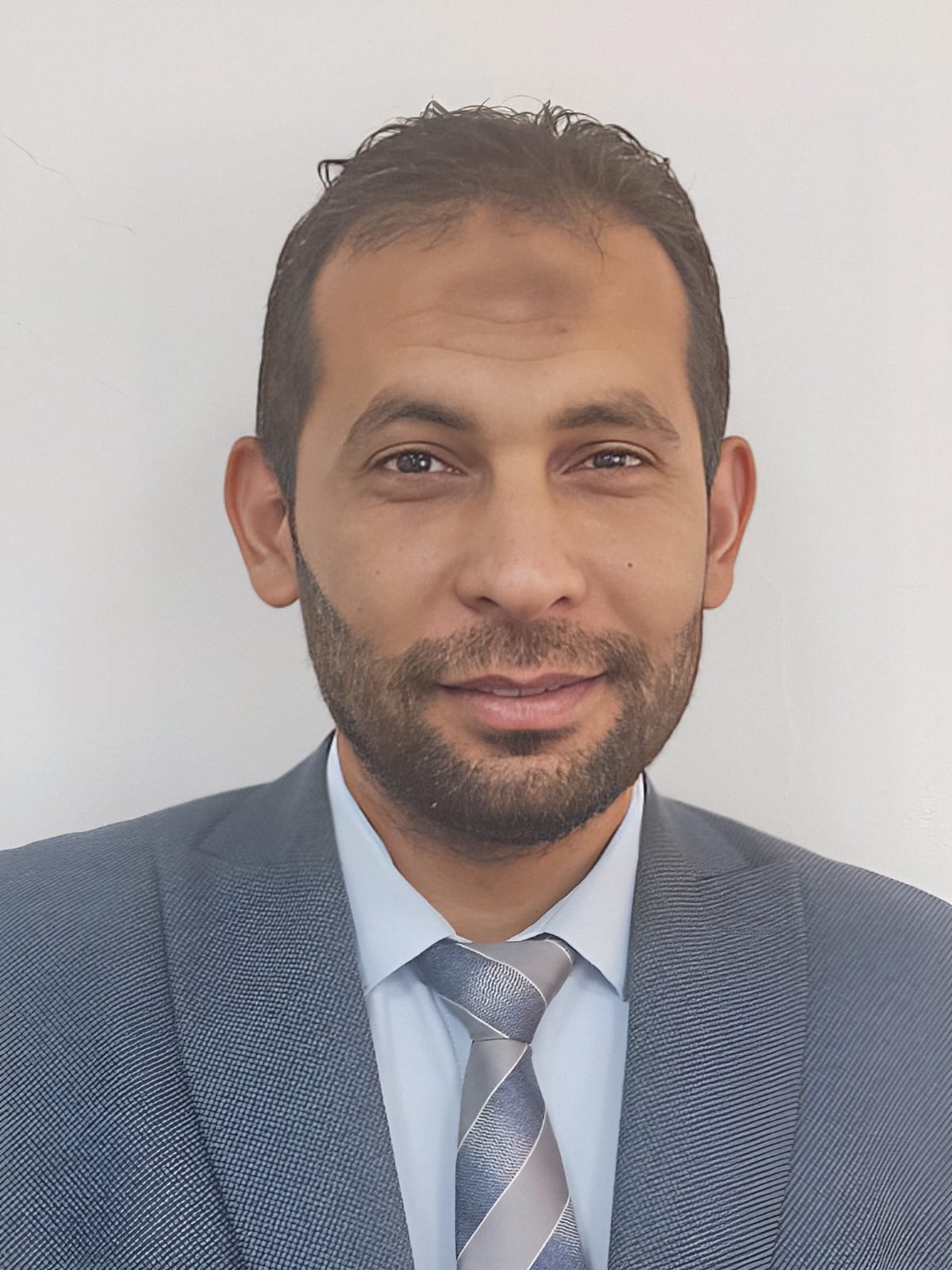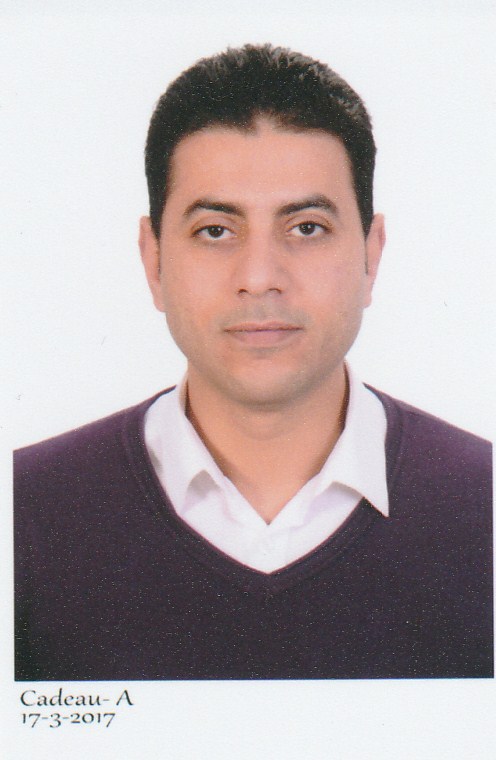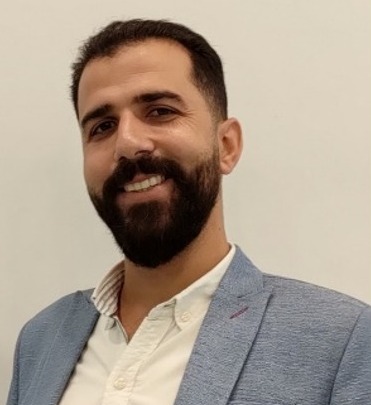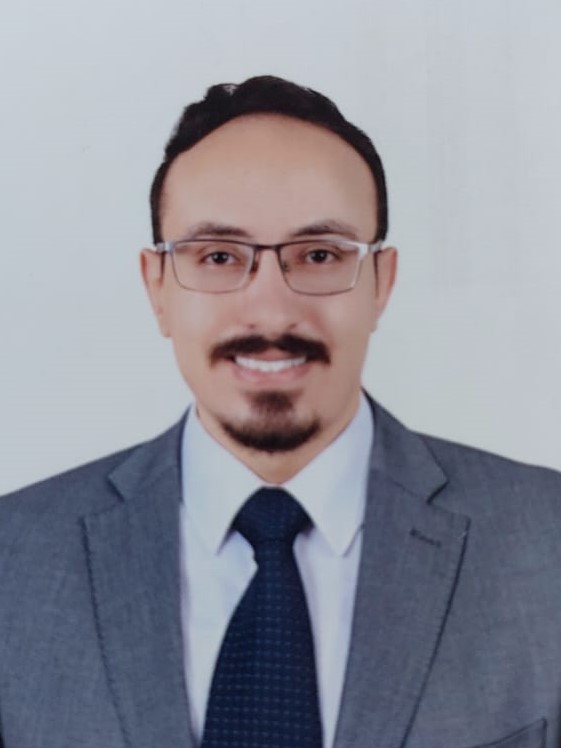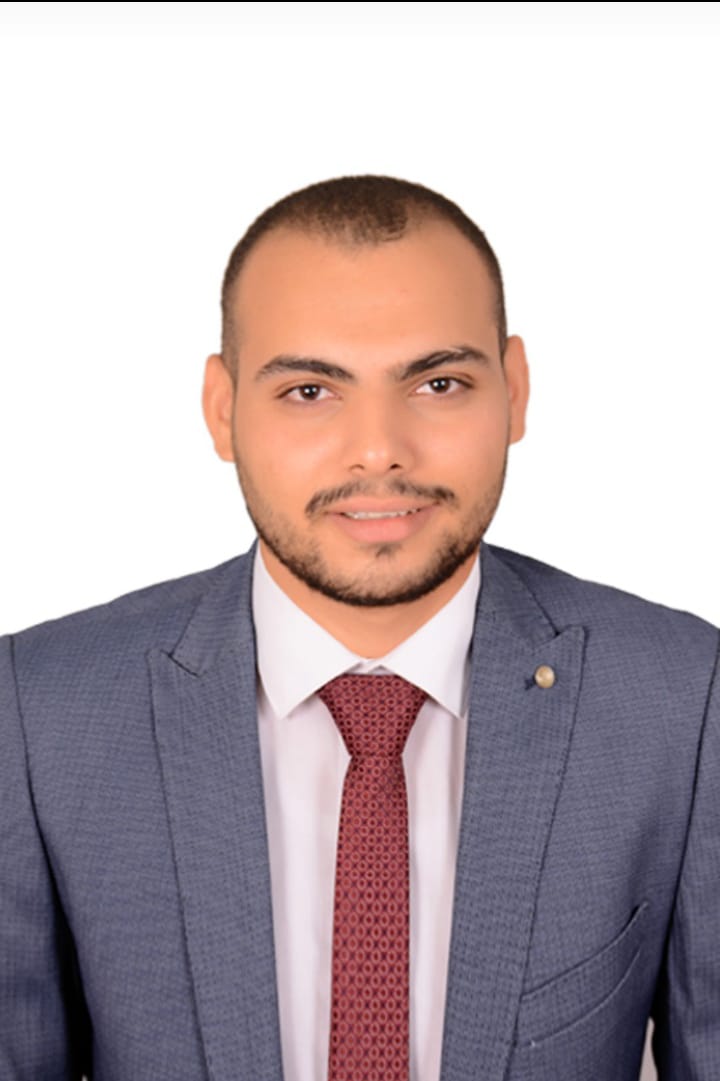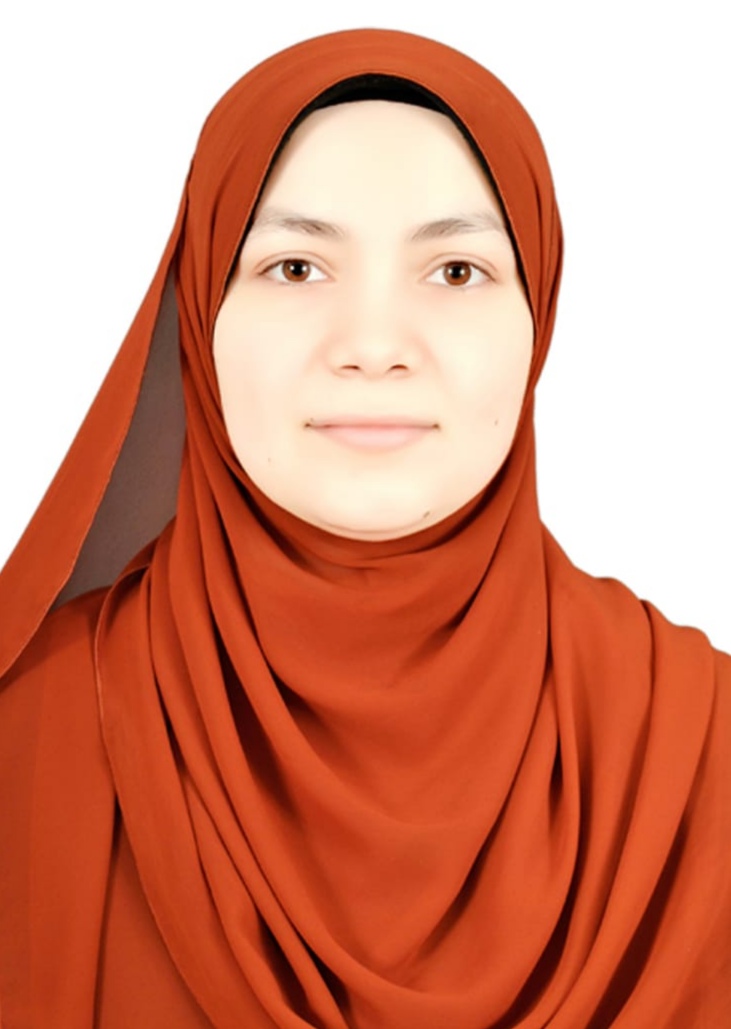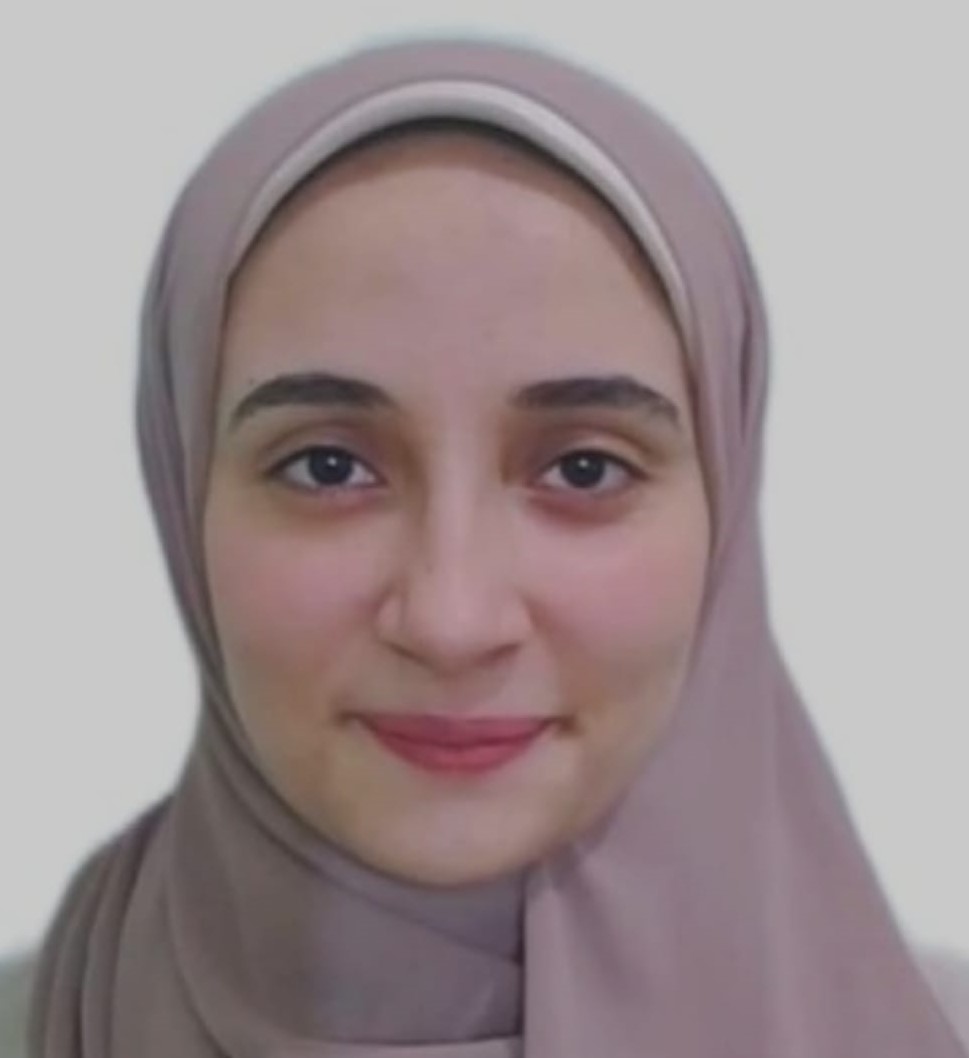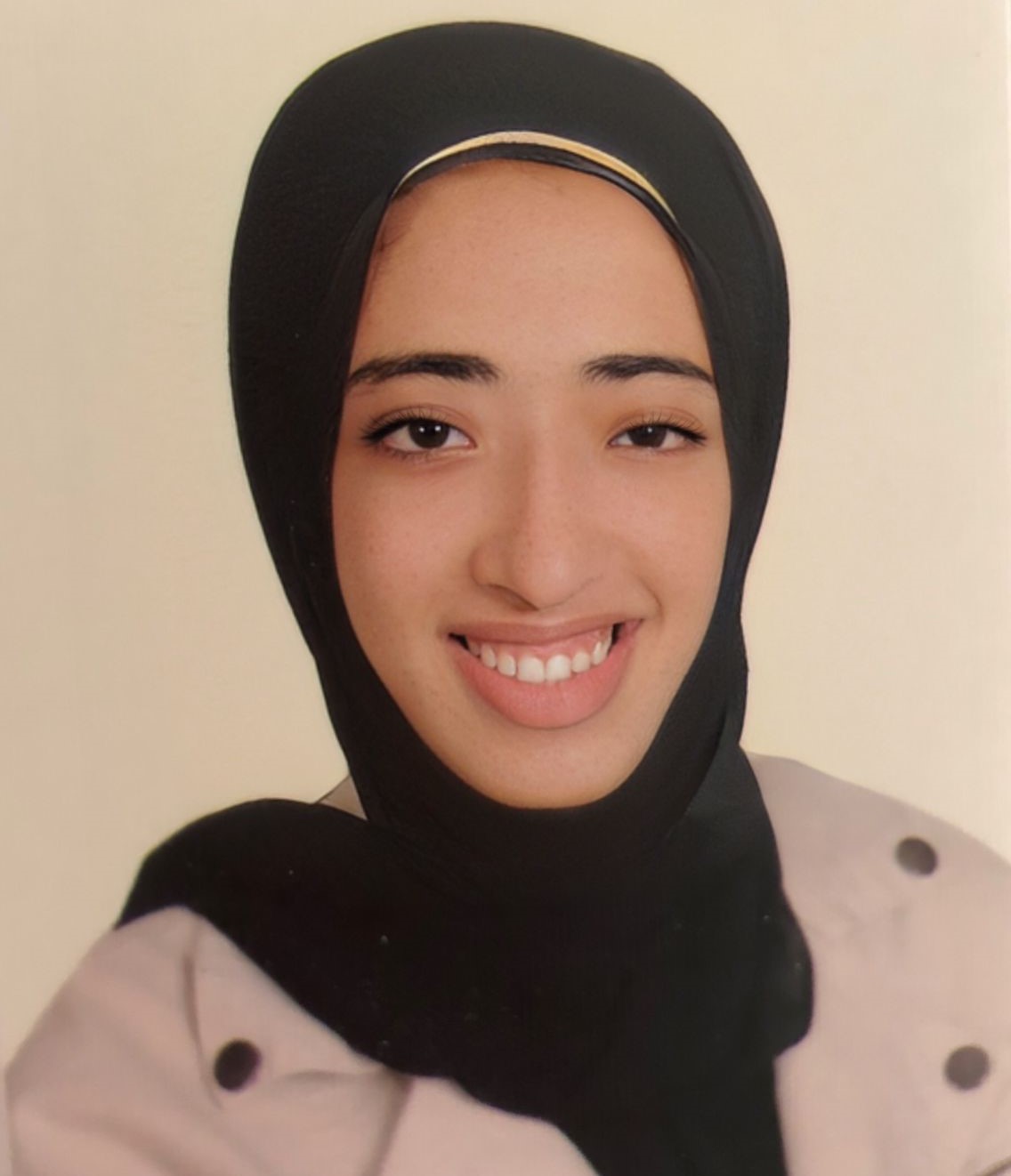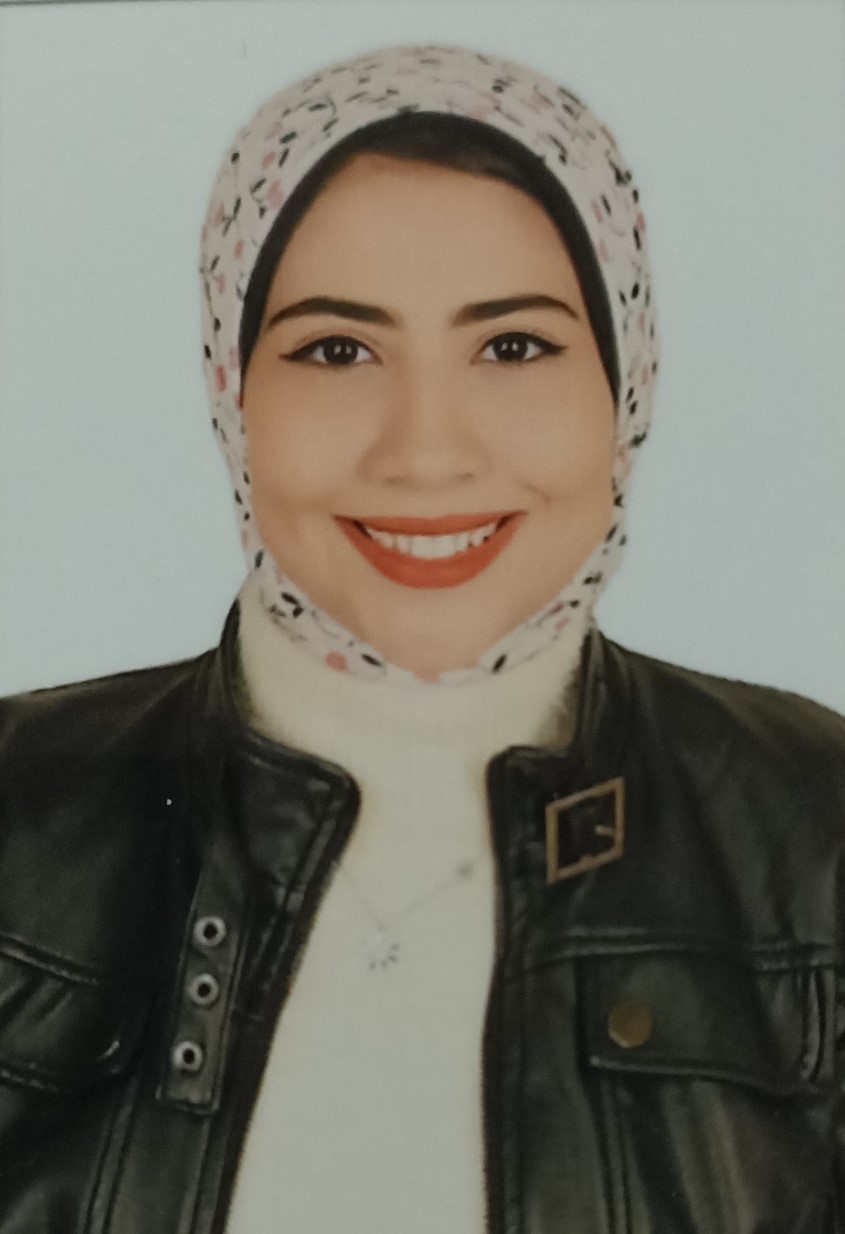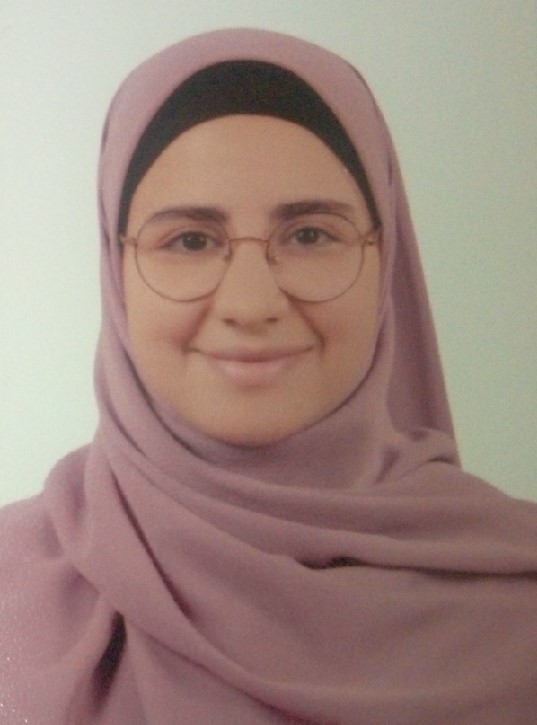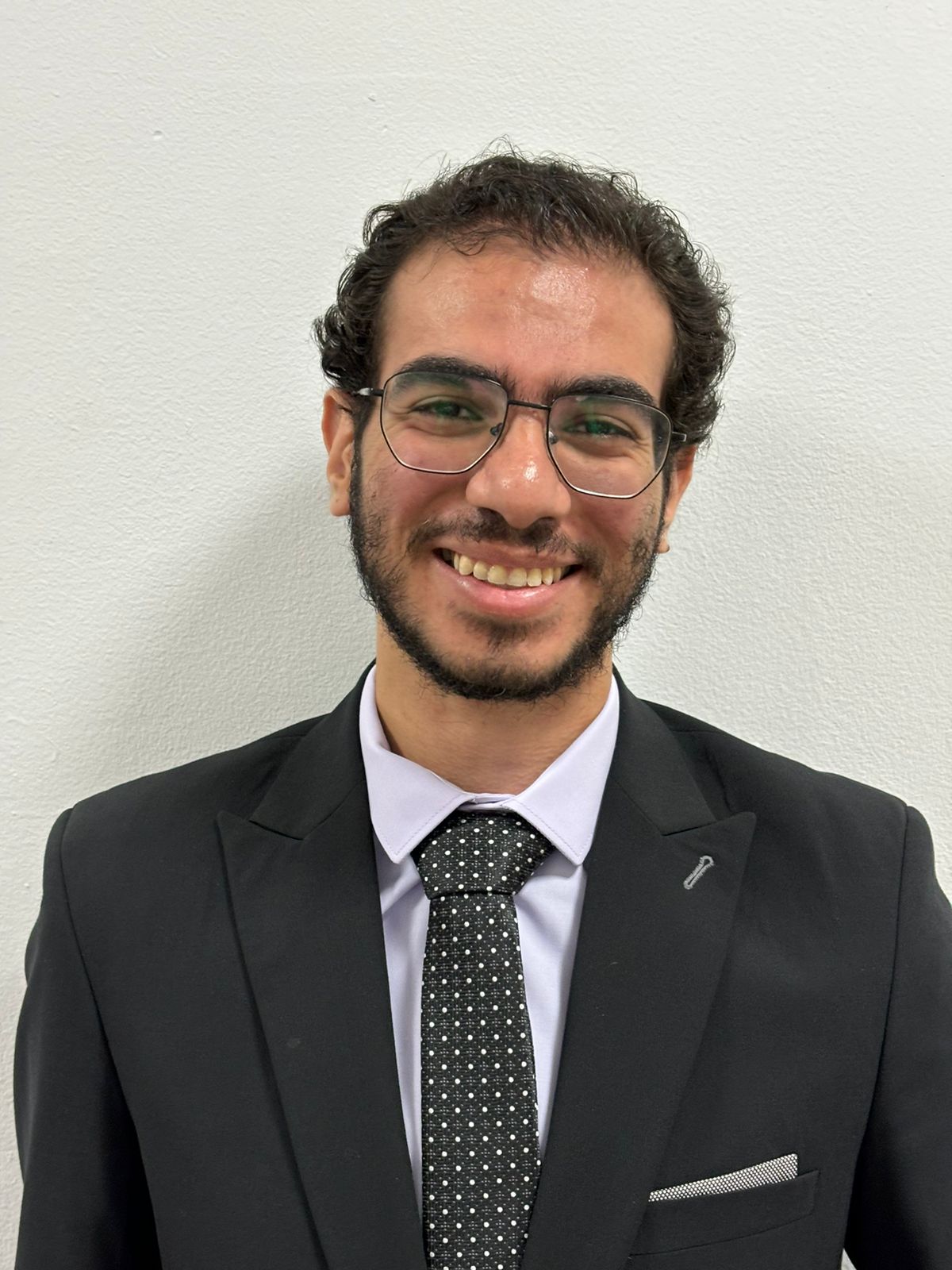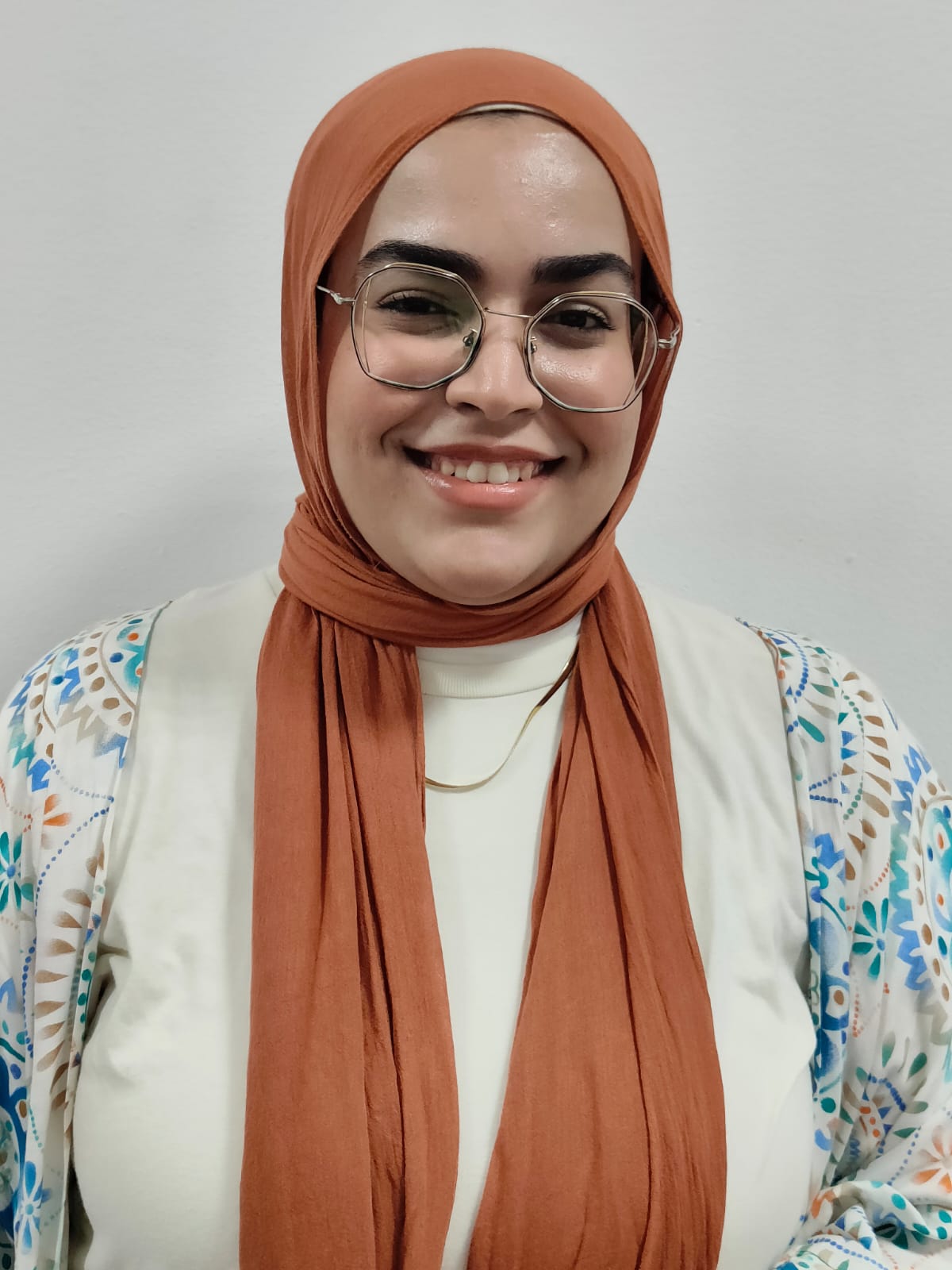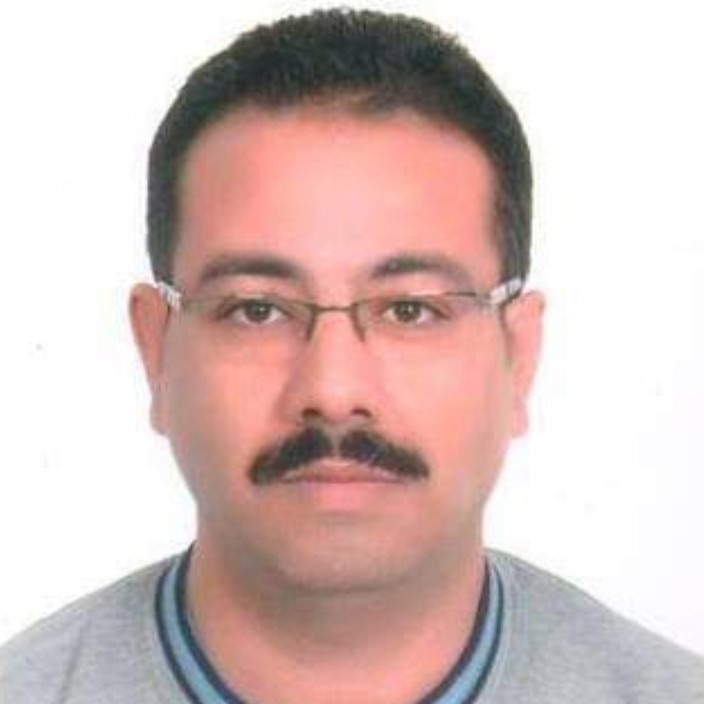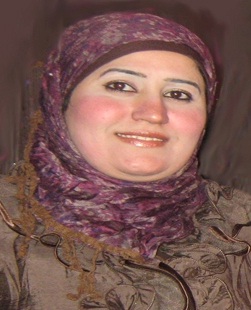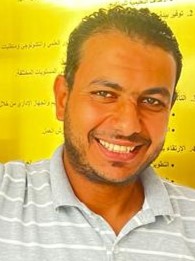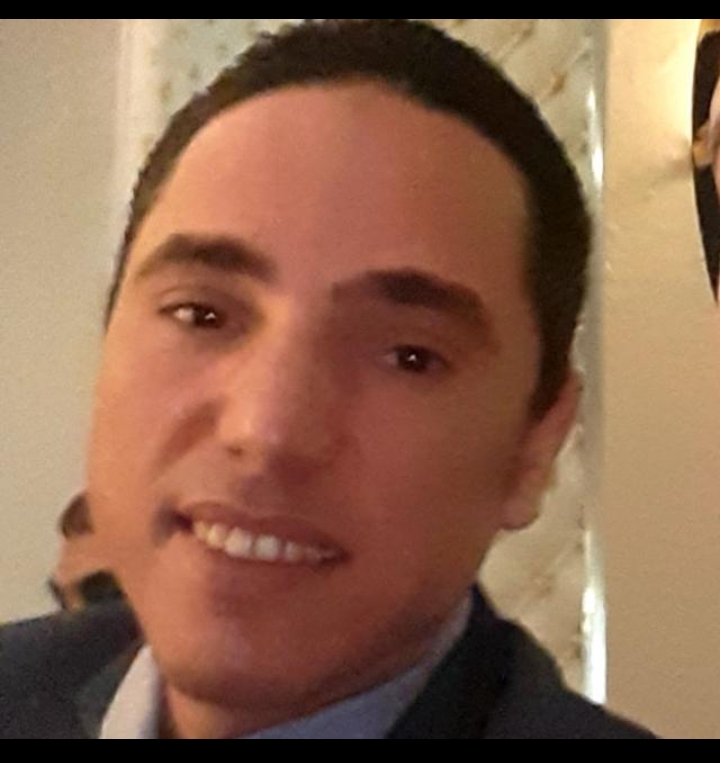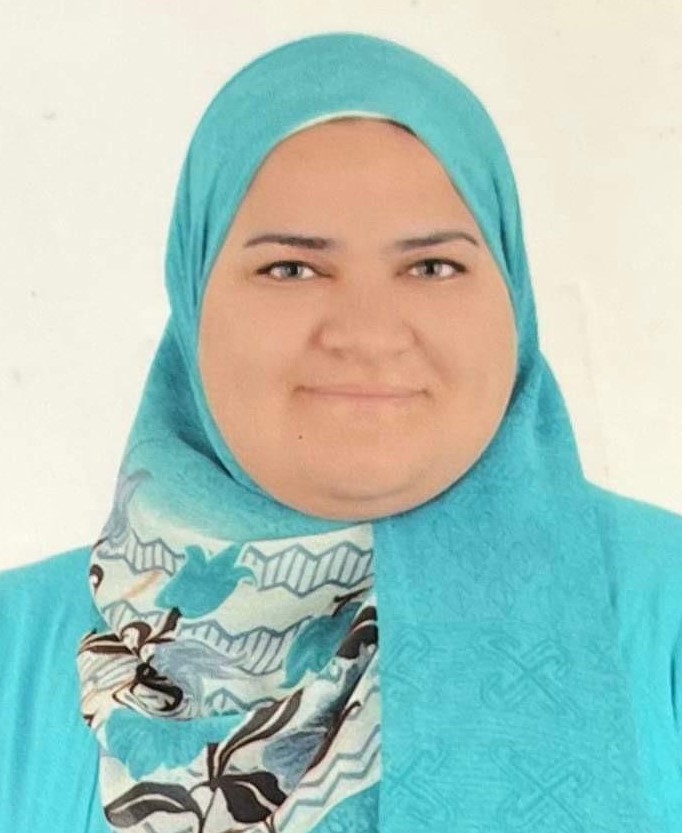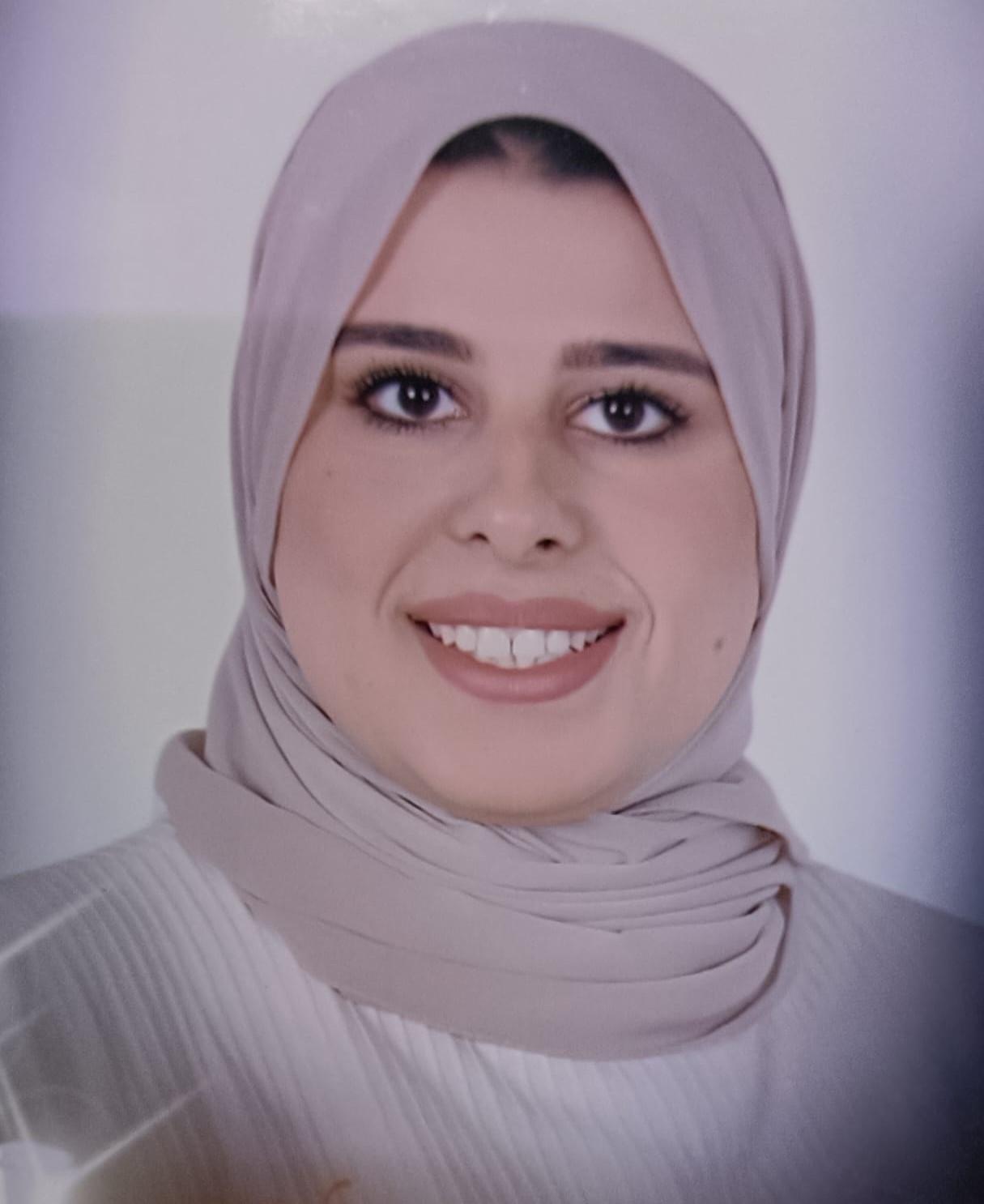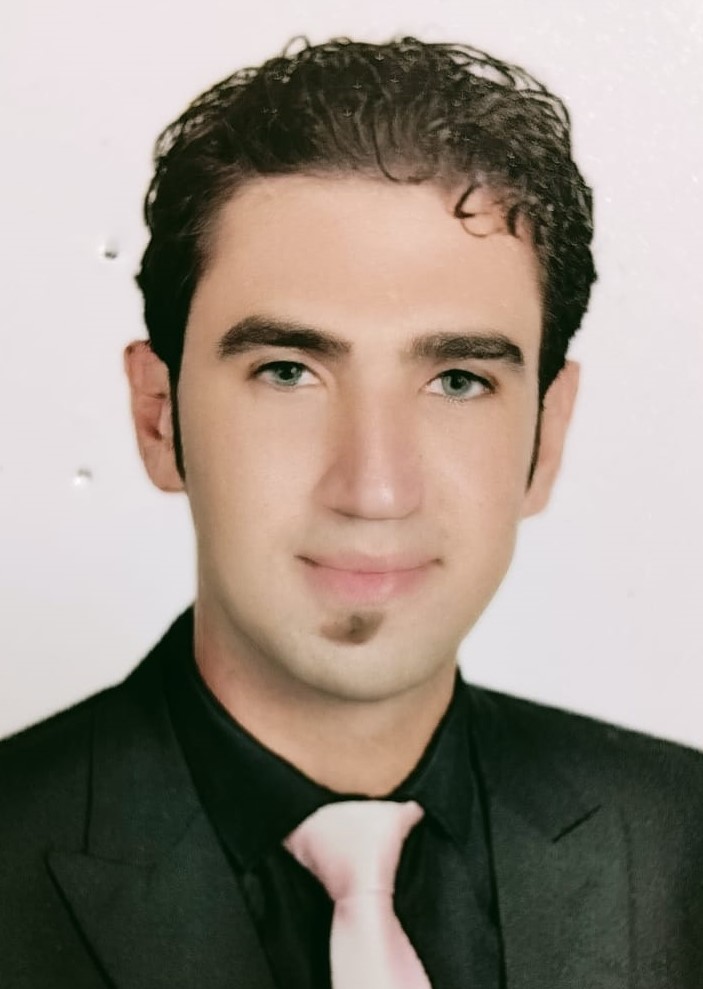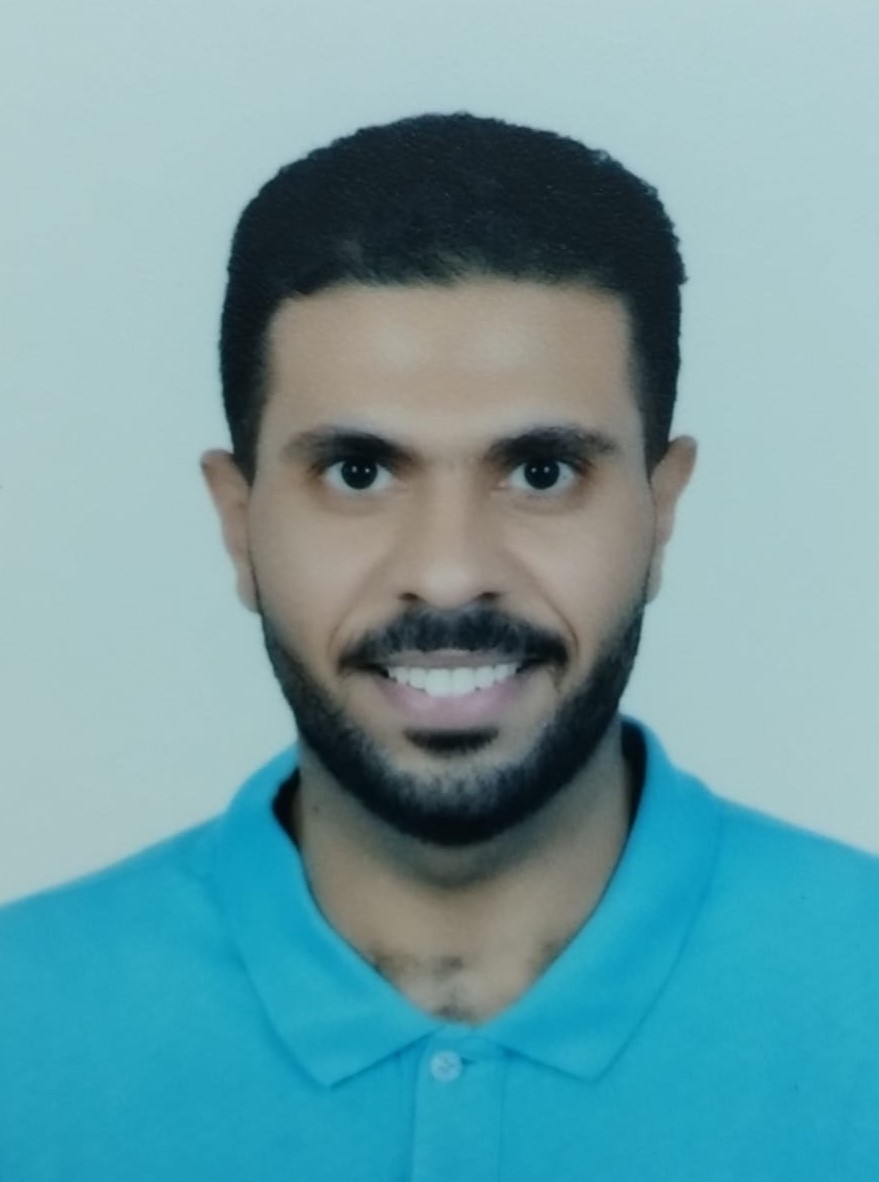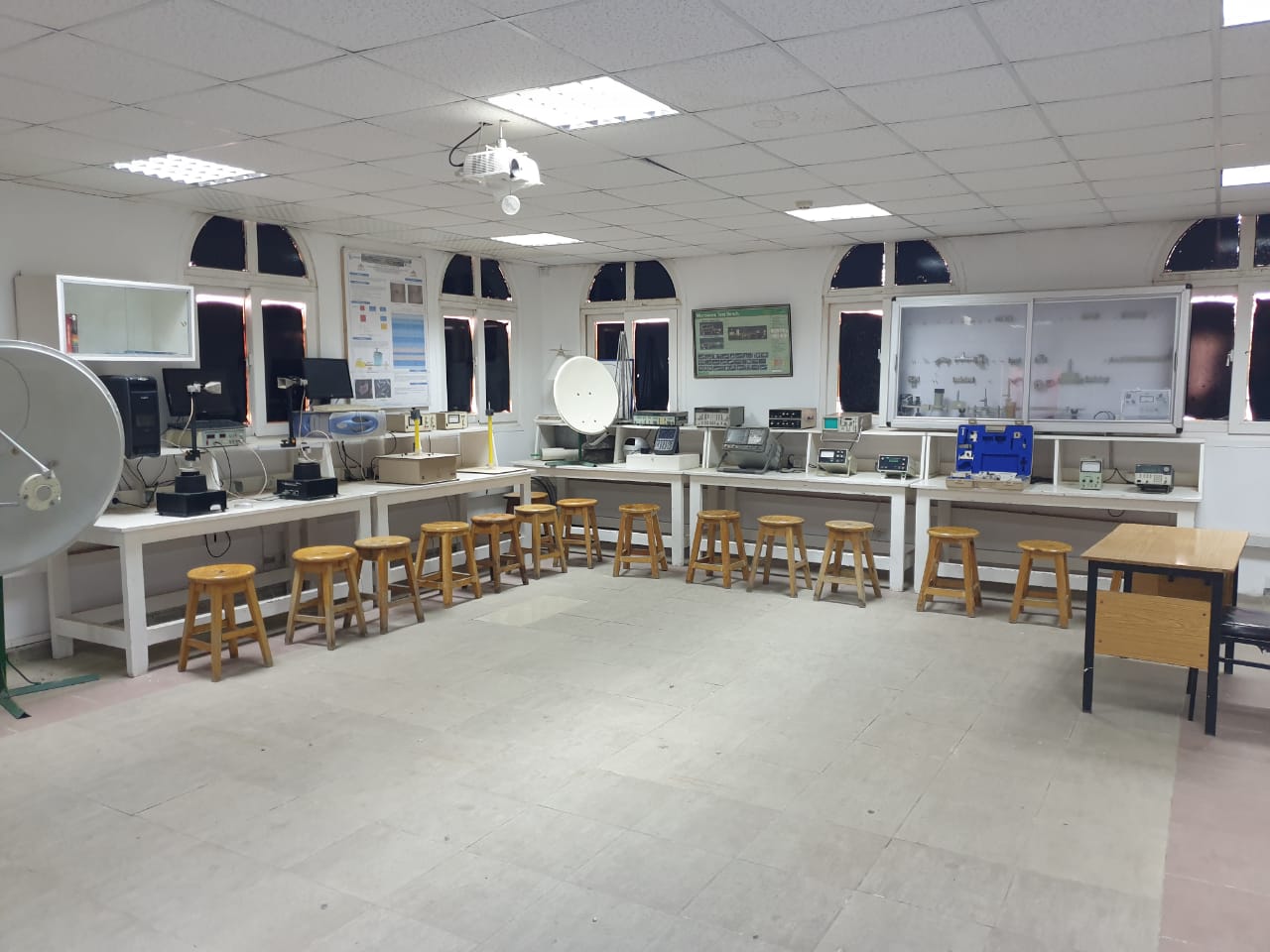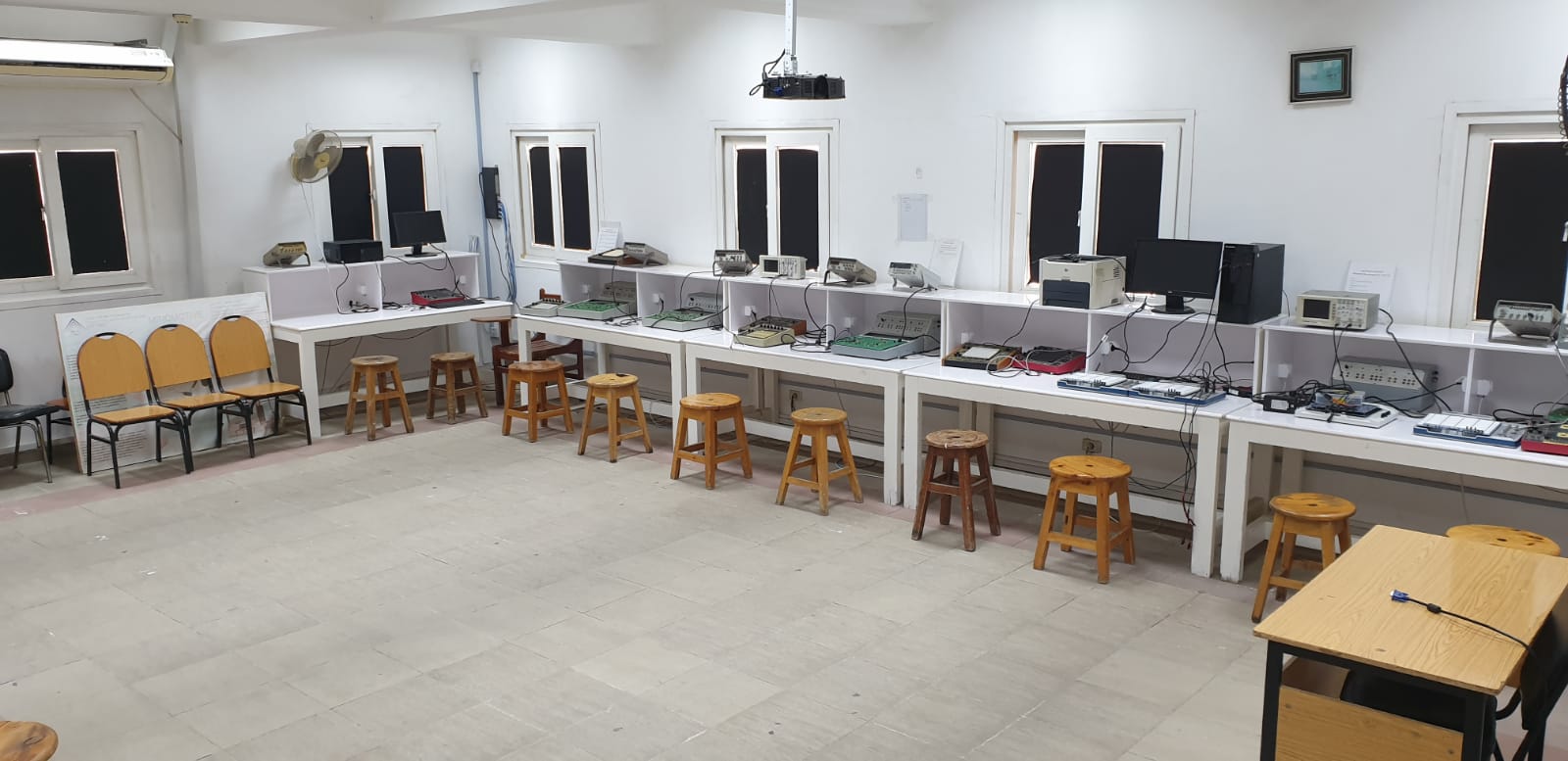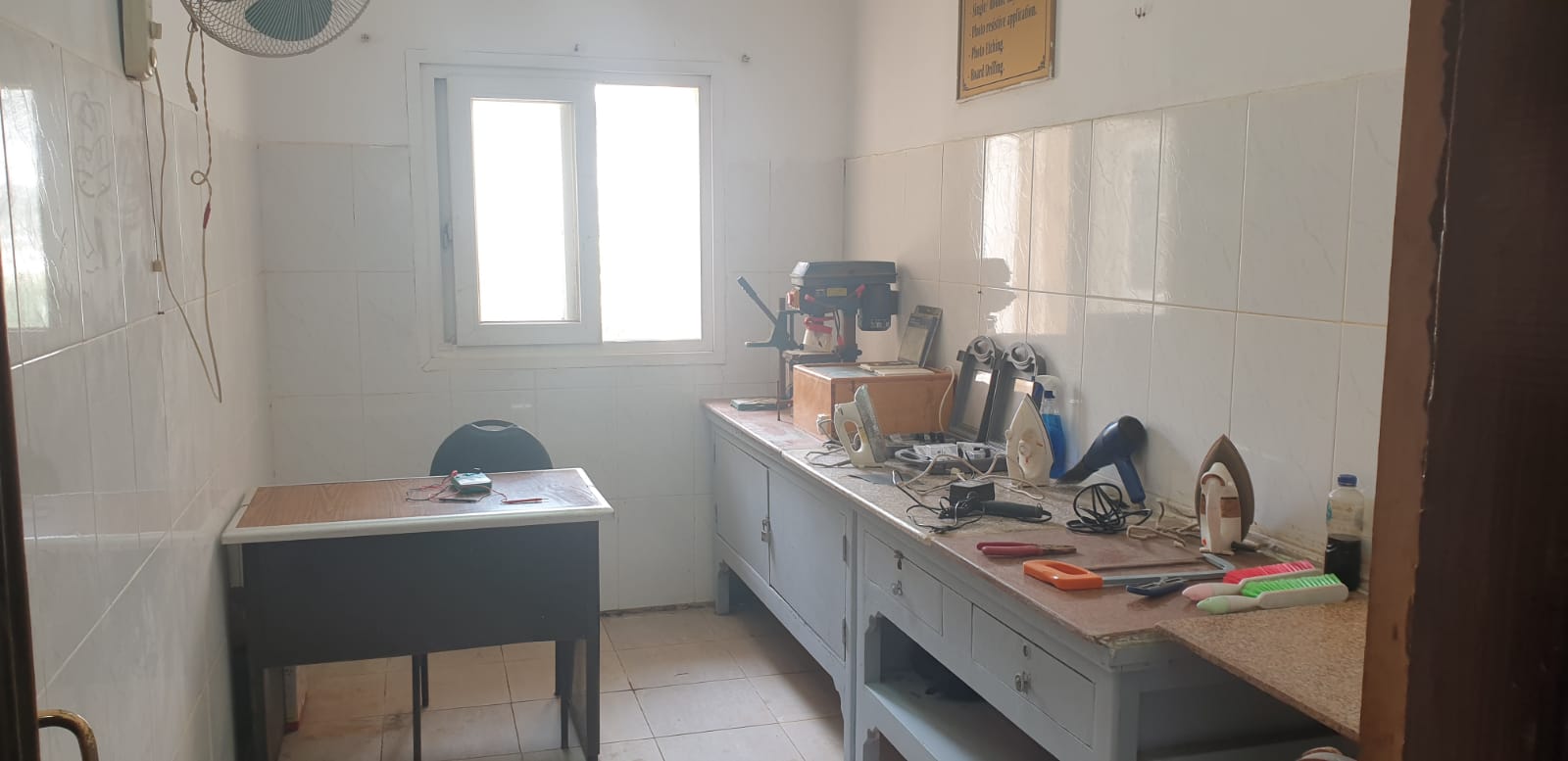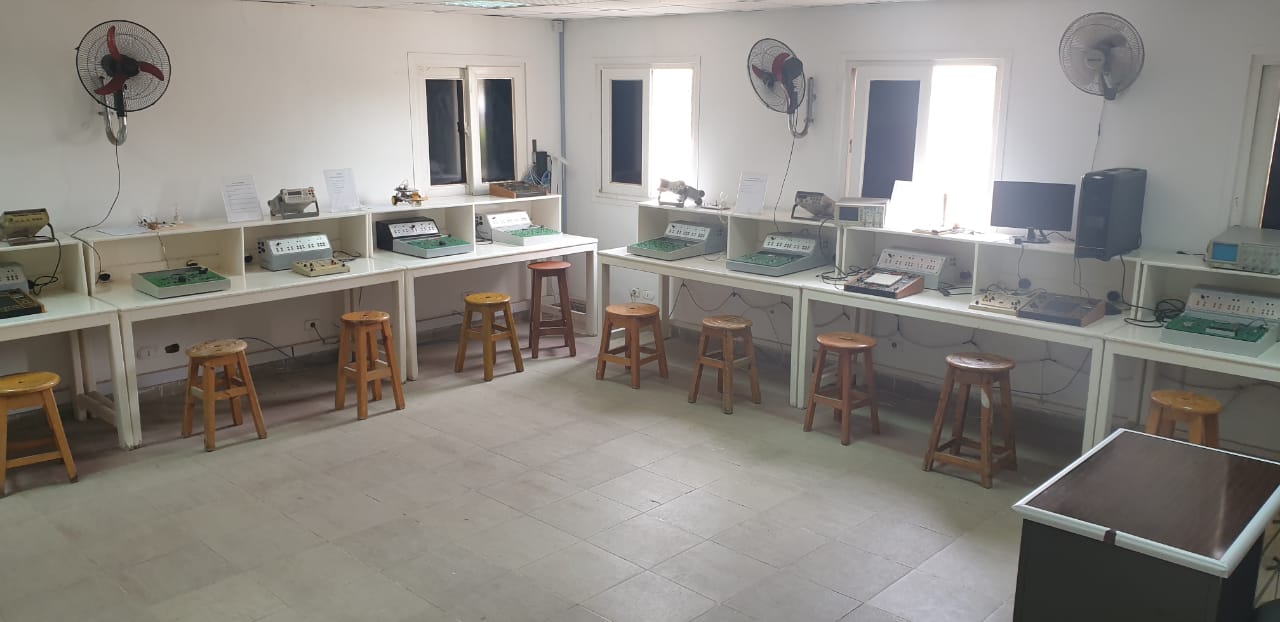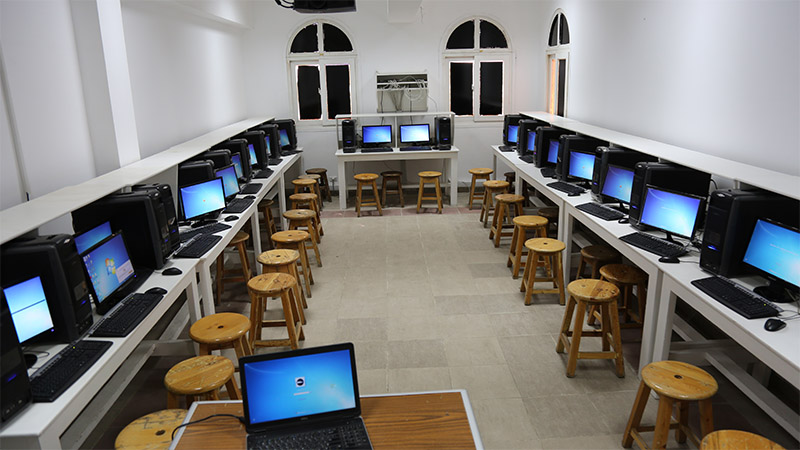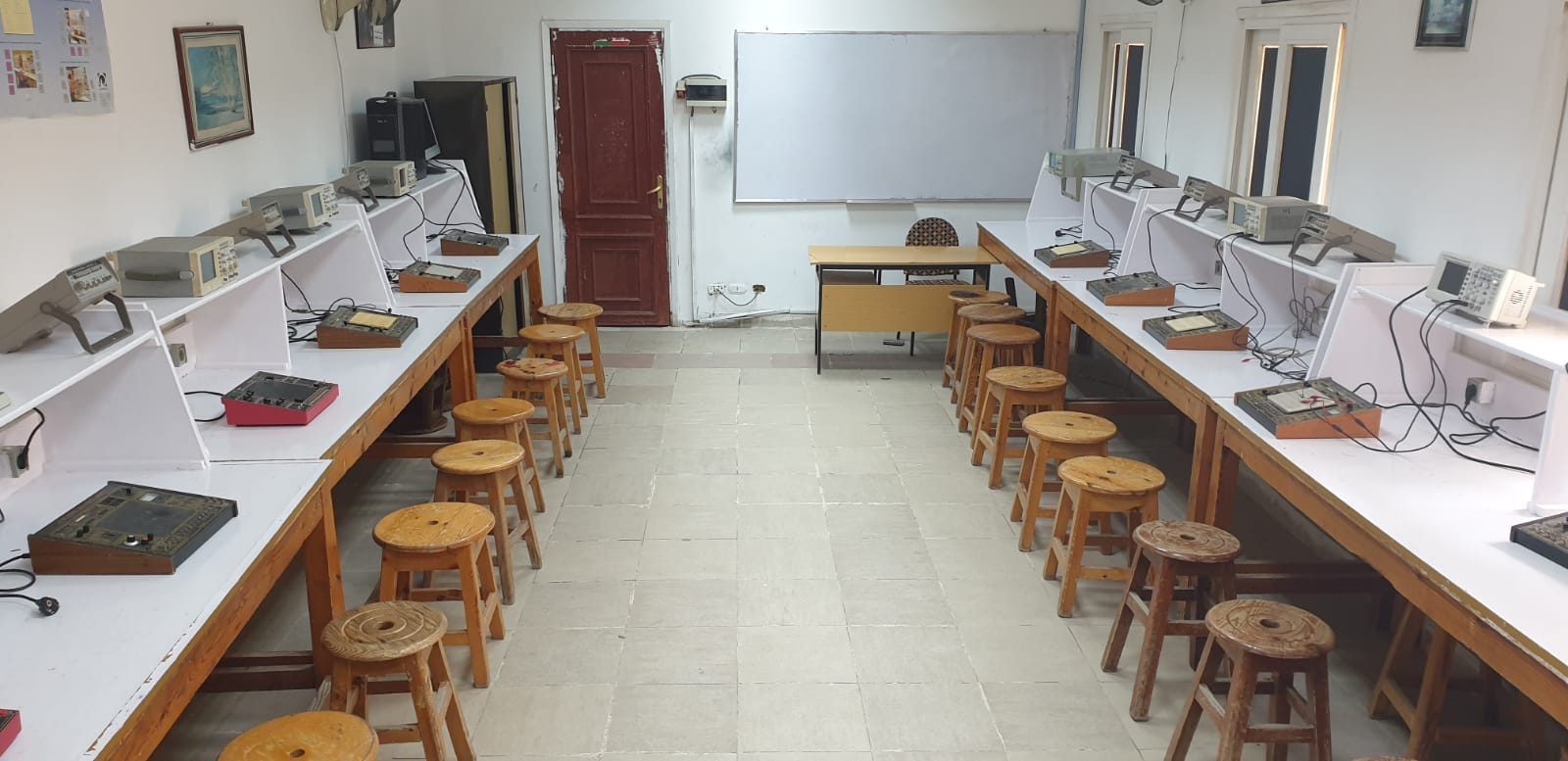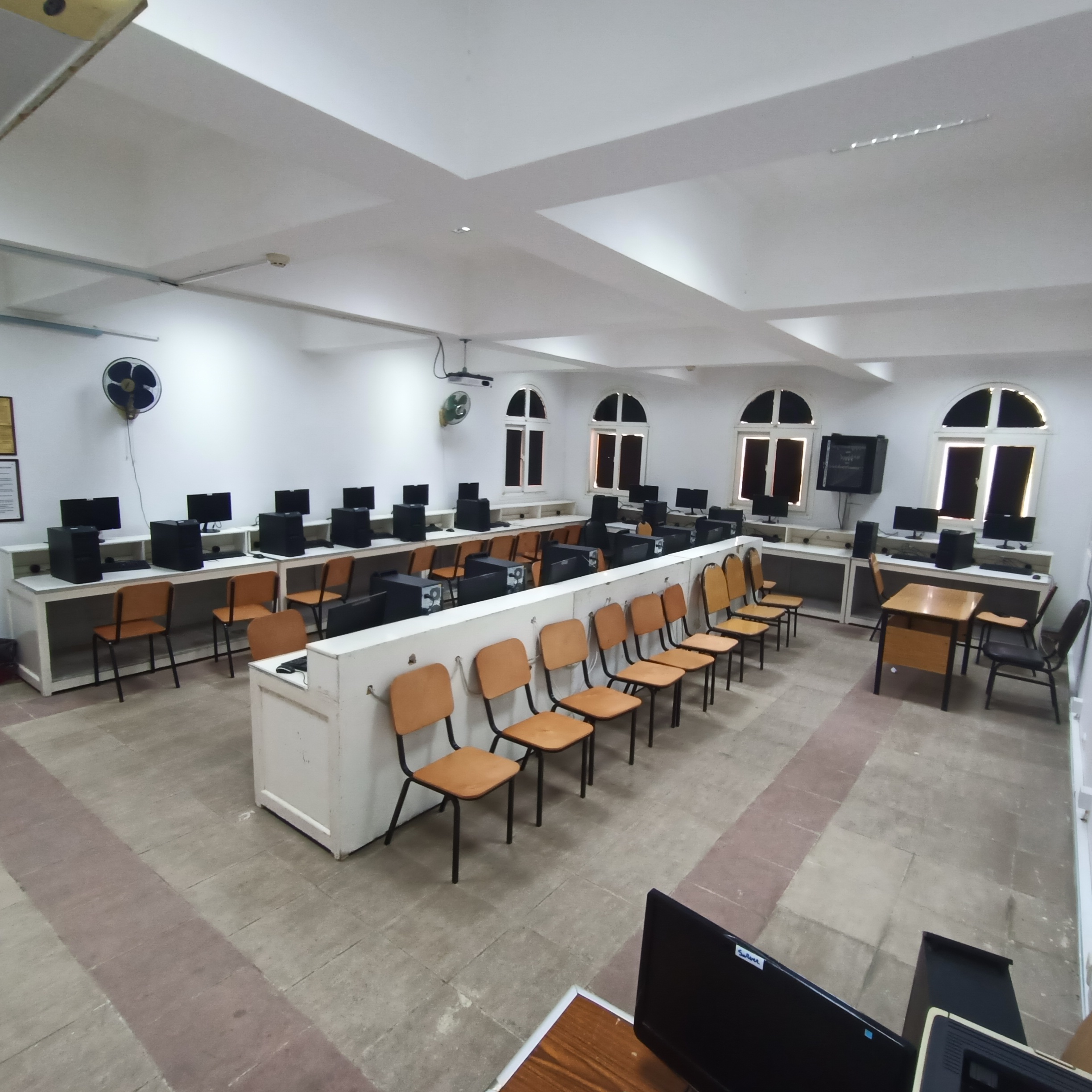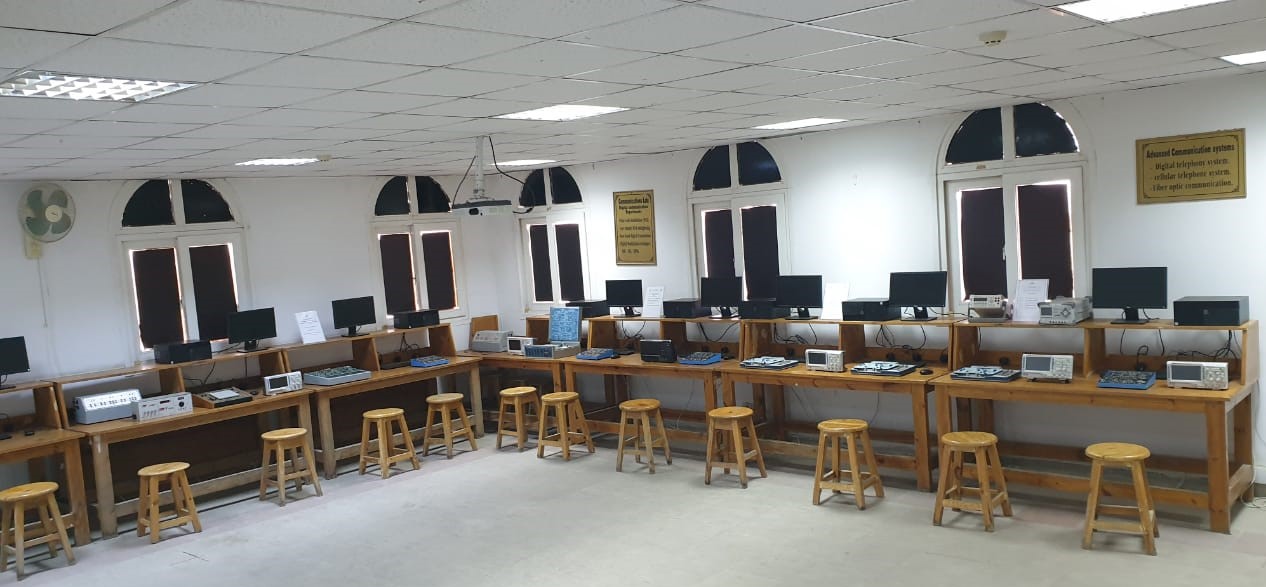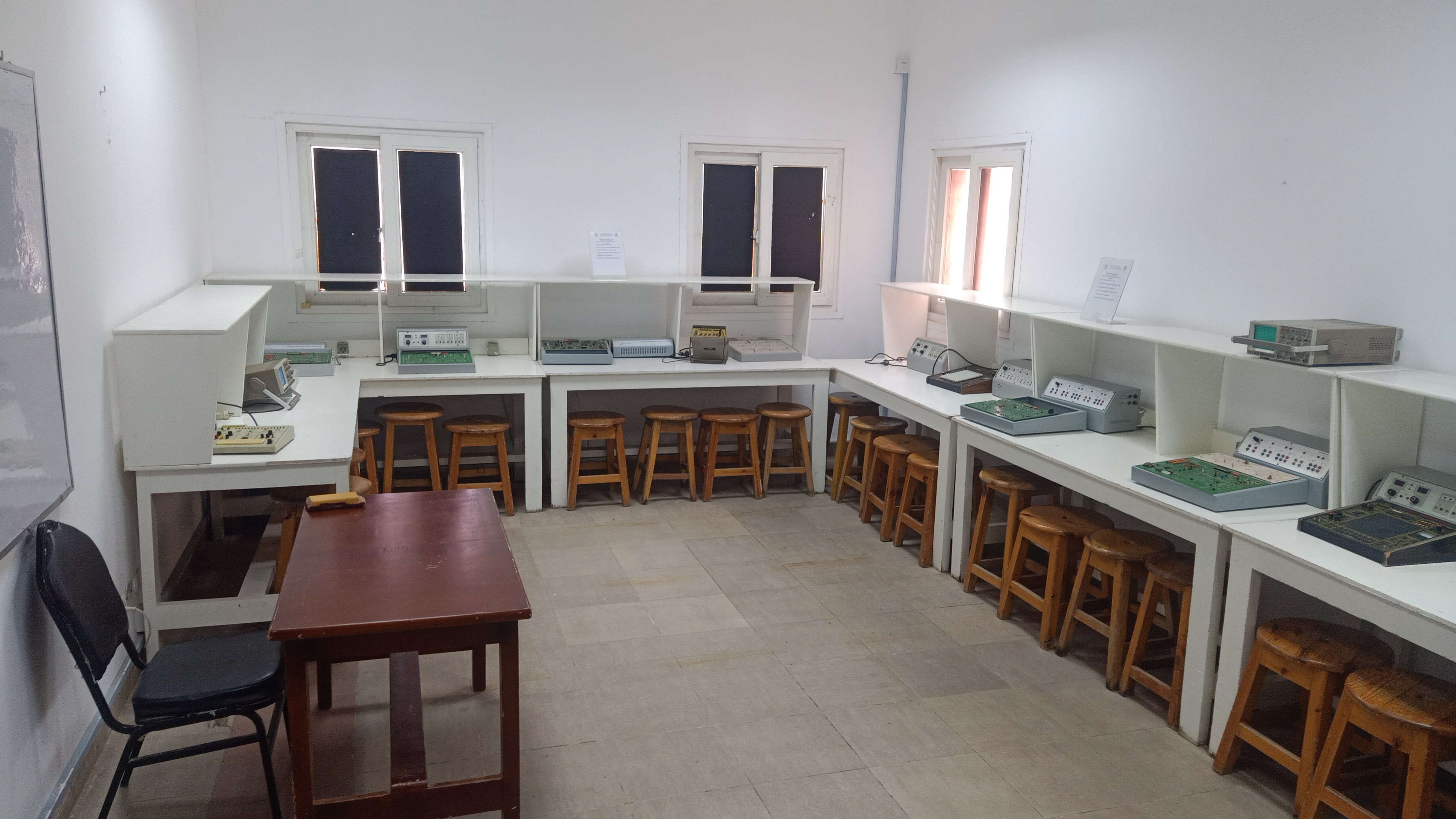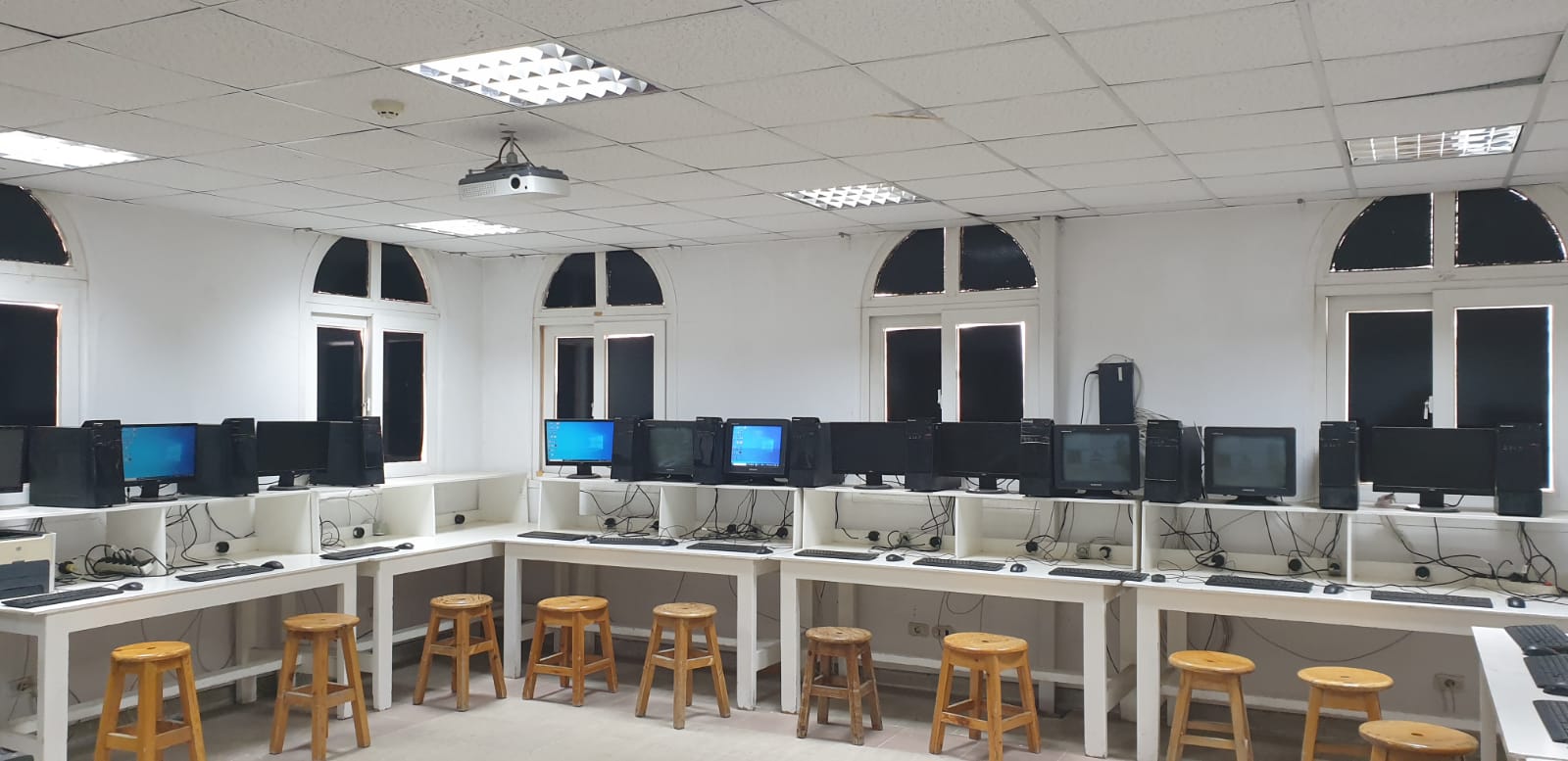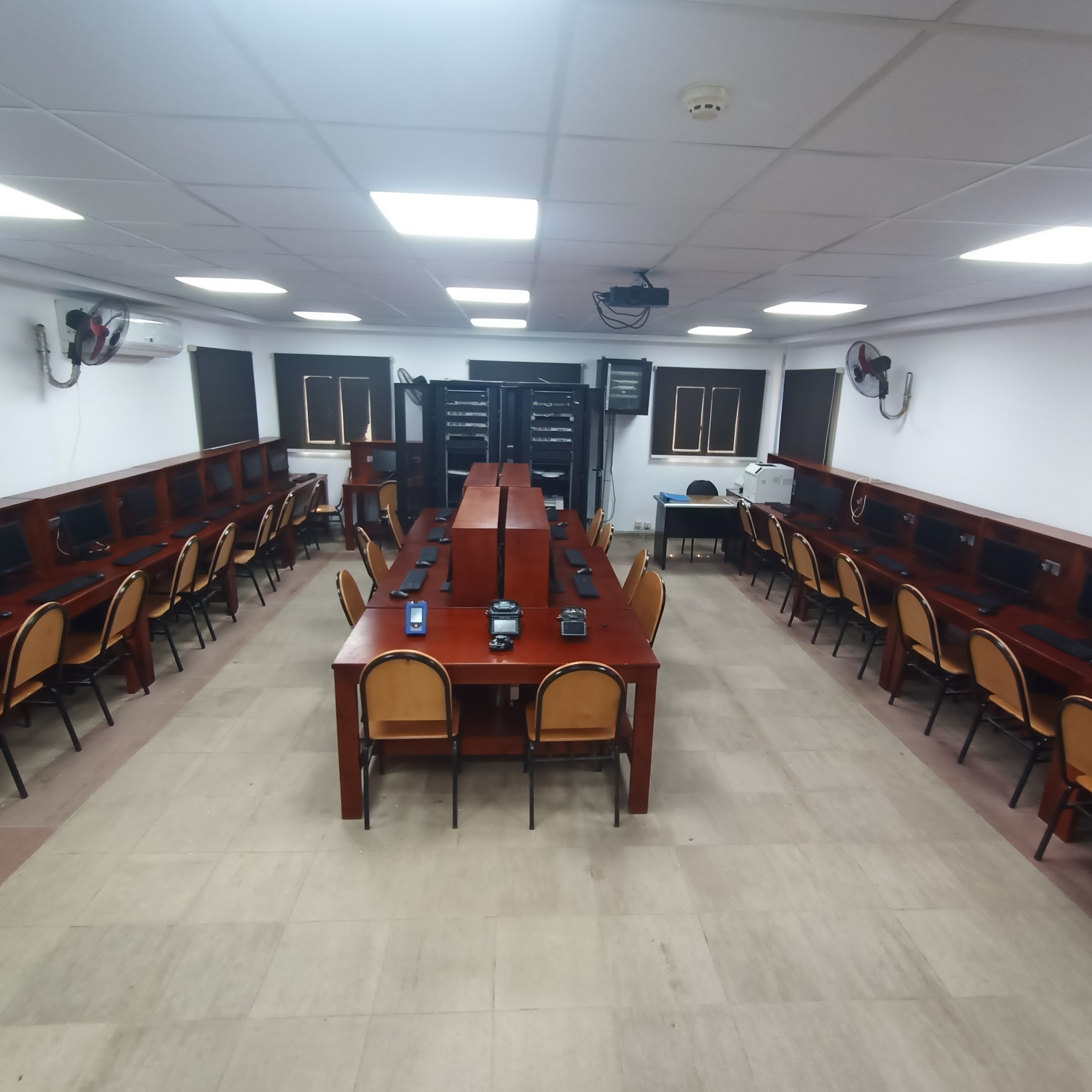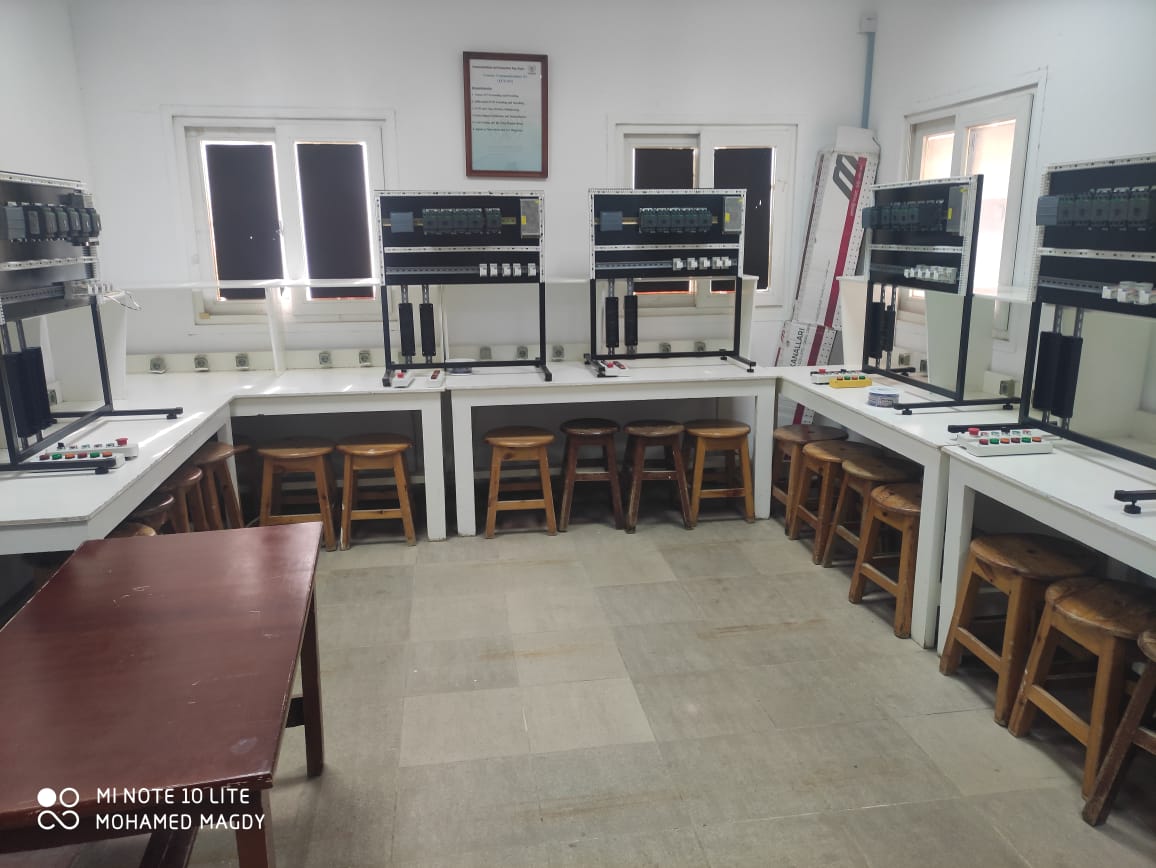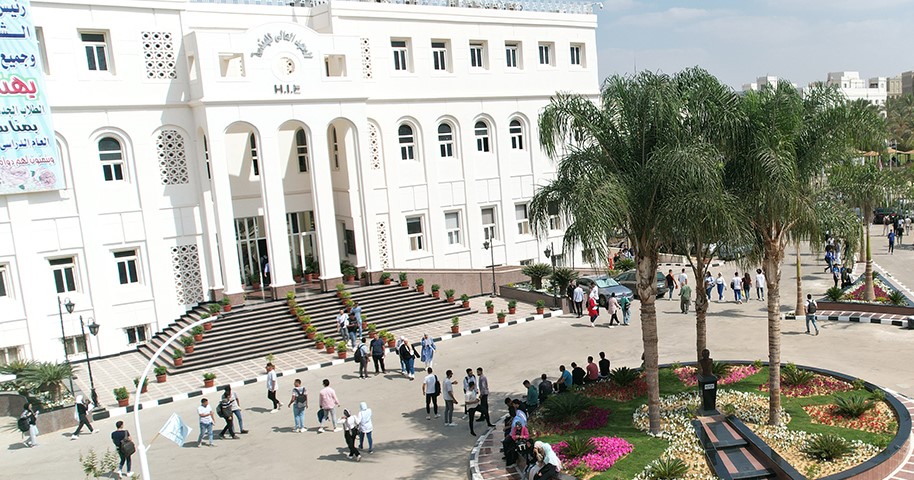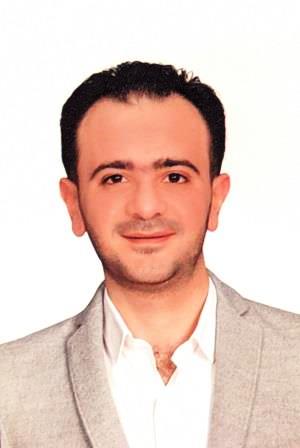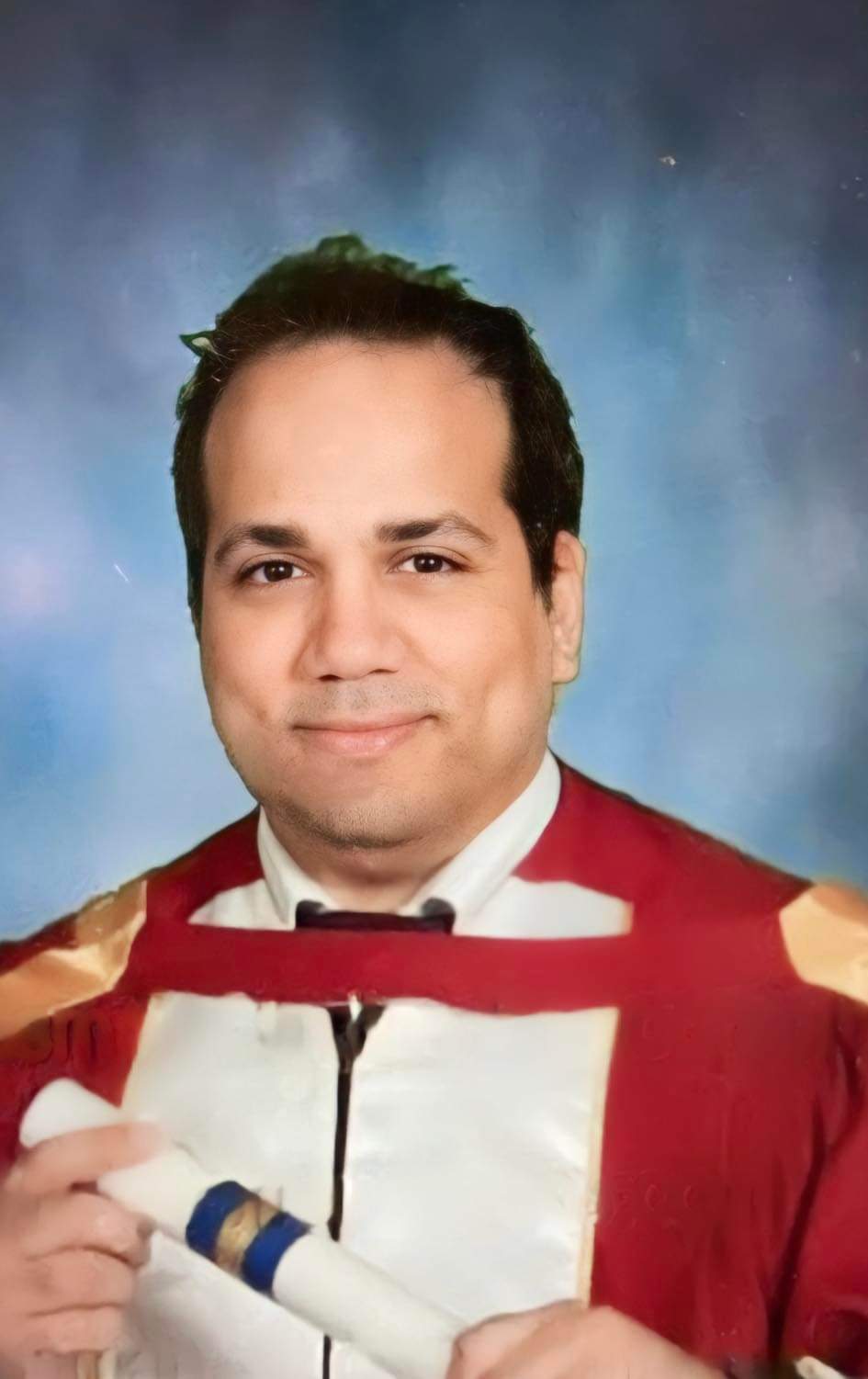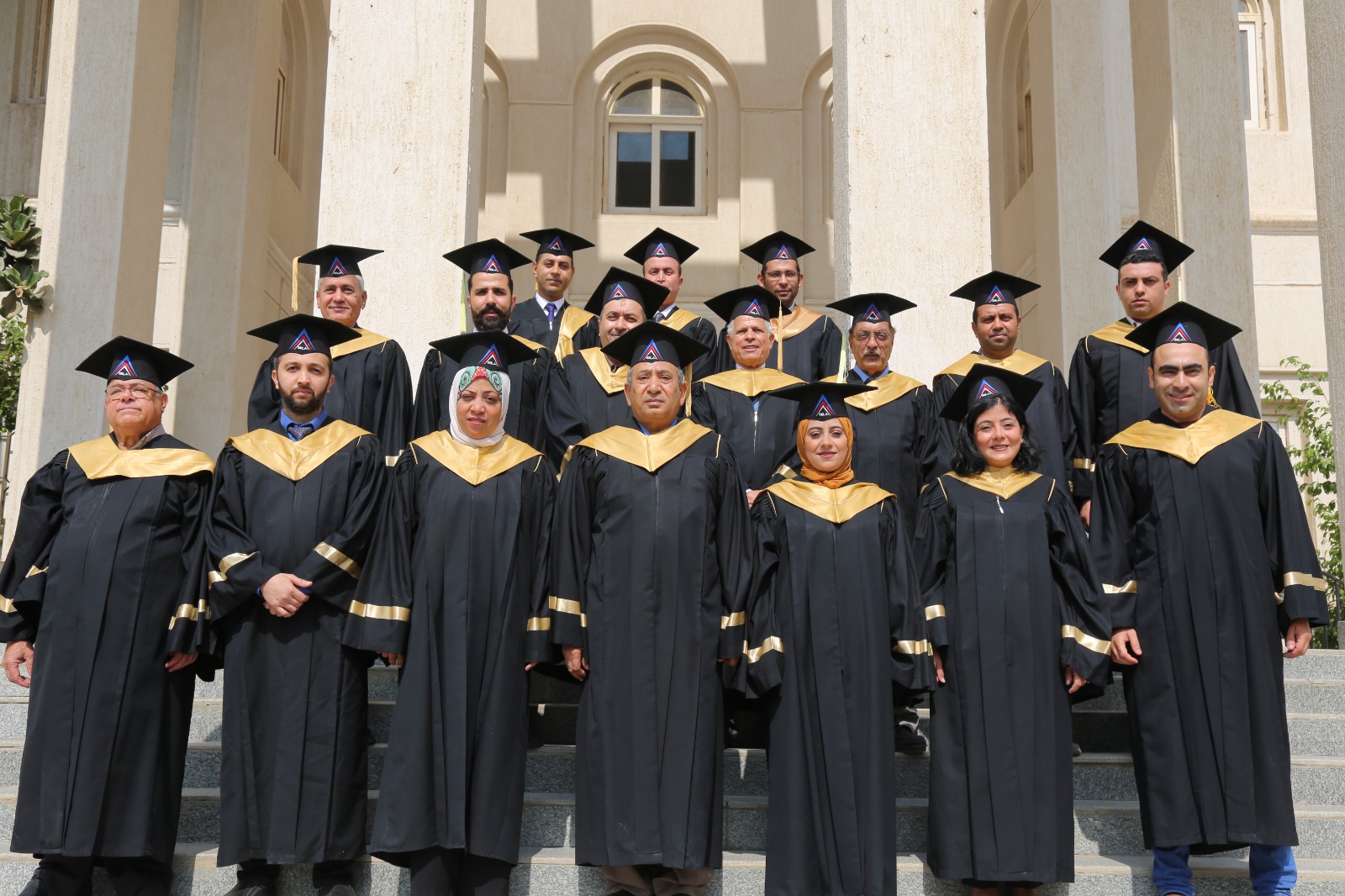
Electronics and Communications Engineering Program - Computer and Control Engineering Program
Latest News
-
The origin of the department
-
Head of Department's Message
-
Organizational structure
-
Vision, Mission and Objectives
-
Human Resources
-
Supporting Facilities
-
Educational Quality
-
Education and Student Affairs
-
Alumni
The origin of the department
Since the Higher Institute of Engineering and the Department of Communications and Computer Engineering (Electronics and Communications Engineering Program - Computer and Control Engineering Program) were founded in 1995 by Ministerial Resolution No. 1712, issued by the Ministry of Higher Education and Research on November 22, 1995, the department possesses a unique historical connection. At the time, the institute included five departments, including the Department of Communications and Computer Engineering, and its headquarters were located at the 10th of Ramadan City. Then, at the start of the second semester of the academic year 1999/2000, the Higher Institute of Engineering relocated to its new headquarters in the Nakhil suburb of Shorouk City, following the Ministry of Higher Education's approval of the transfer through Ministerial Resolution No. (712) dated 5/31/2000.
Head of Department's Message
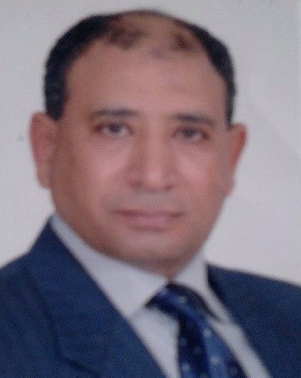
Prof. Dr. Salah Said Ibrahim El-Agooz
Greetings, my dear students, it gives me great pleasure to welcome you to the Department of Communications and Computer Engineering website at the prestigious scientific edifice in the Higher Institute of Engineering in Shorouk. The fact that God Almighty has planned for me to be honored by being a part of this esteemed institution, of which everyone who has enrolled and graduated is proud, fills me with joy and pride. On another level, it is a great pleasure for me to be a part of the Institute family. As a result, I humbly pray God Almighty to grant me the ability to effectively contribute to hoisting the Institute's flag aloft, which is a symbol of enlightenment that promotes our nation and upholds the responsibility entrusted to its sons to do the same within a framework designed to resolve disputes and obstacles.
Organizational structure
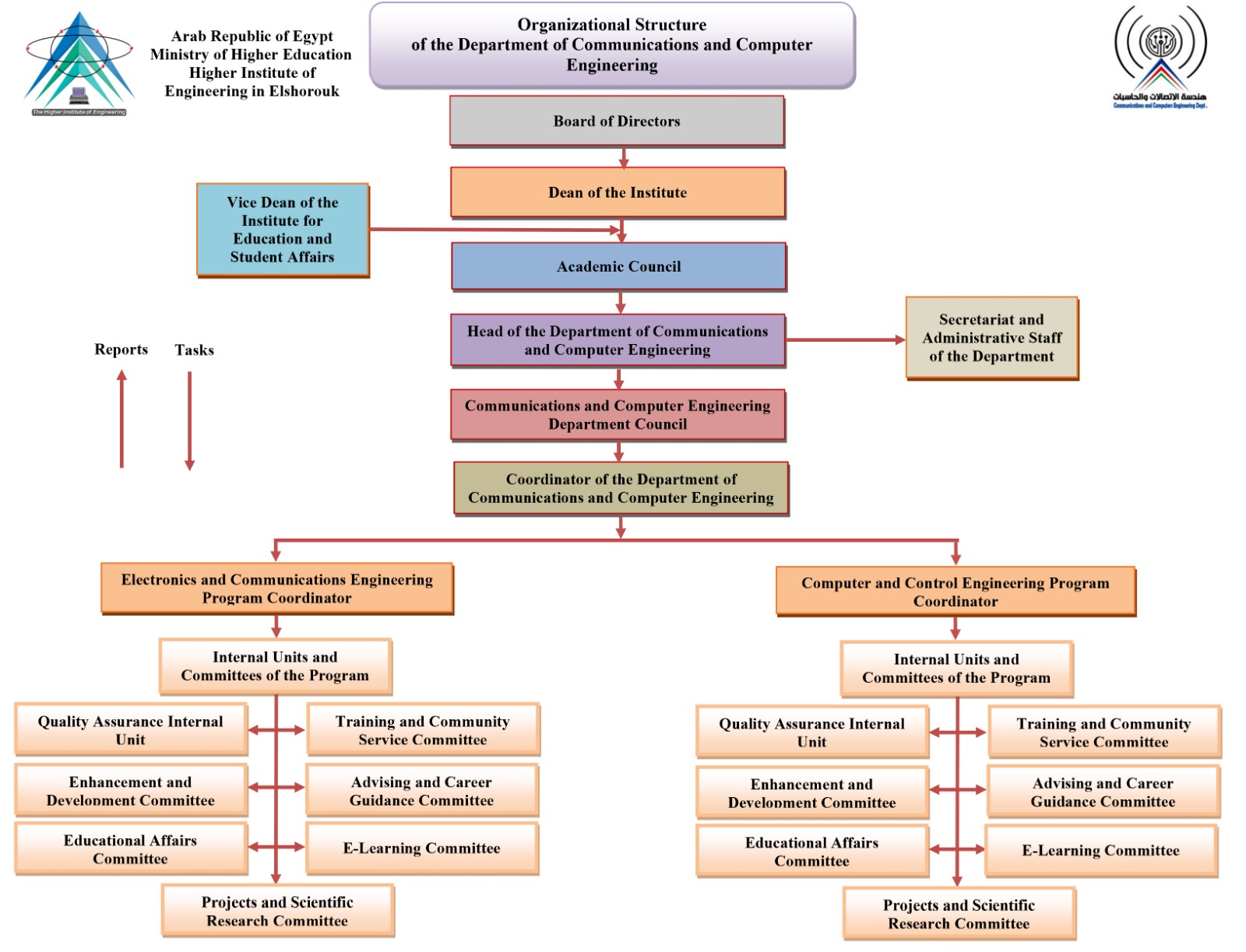
Vision, Mission and Objectives
Vision of Electronics and Communications Engineering Program
Providing practical and research excellence at the local and regional level in the field of Electronics and Communications Engineering with Commitment to support sustainable development plans.Vision of Computers and Control Engineering Program
Pioneering locally and regionally in computers and control engineering field via preparing a creative generation having professional, scientific, research skills that cope with labor market requirements and society, environment surrounding them.
Mission of Electronics and Communications Engineering Program: -
Preparing scientifically and professionally qualified engineers able to keep pace in the field of electronics and communication engineering to cope with the requirements of the labor market and improve the societal services.Mission of Computers and Control Engineering Program: -
Preparing professionally qualified engineers in computers and control engineering able to cope with labor market requirements and research fields progress. Engineers able to contribute in society service and environment development for the sake of pioneering locally and regionally.
General objectives of electronics and communication engineering program:
1. Preparing scientifically and professionally qualified engineers with the ability to self-learning, scientific researchers, and effective communicator in the field of electronics and communications engineering and its various applications through: • Educational objectives of the program. 2. Providing a distinct learning environment for students through: • Developing the educational program in line with the scientific and technological development and the requirements of the labor market • Providing distinct and diverse training opportunities for students at different levels. • Continuous development of laboratories and infrastructure. 3. Qualification and continuous training of faculty members, their assistants, and the administrative staff through: • Attending training courses at different levels. • Participation in various conferences, seminars, and workshops. 4. Promoting scientific research and community service through: • Continuous development of the research plan in the line with the labor market. • Contributing in various support for the implementation of research and projects to serve the community and the development of the environment. • Contracting agreements and partnerships with relevant institutions and companies, as well as providing training and advisory services to individuals and community institutions.Educational objectives of electronics and communication engineering program:
1. Applying basic concepts in essential, general, and specialized engineering sciences related to the field of electronics and communications engineering. 2. Identifying, analyzing, and solving engineering problems through scientific thinking, as well as employing appropriate techniques, skills, methods, and tools to practice the engineering professionality with the ability to develop and self-learning to serve the labor market needs. 3. Modeling, designing, implementing, operating, maintaining, and repairing various electronic circuits and systems. 4. Designing, and implementing various communications, networks, microwaves, control, and measurement systems. 5. Applying knowledge using different programming languages, signal processing and image processing techniques and analyzing them, as well as integrating information technology with modern communication systems. 6. Designing and implementing applied projects and advanced research activities to serve the community and develop the environment. 7. Good management, appropriate decision-making, effective communication, preparation and presentation of technical reports, and work within multidisciplinary work teams, while adhering to the ethics and standards of the engineering profession.General objectives of computers and control engineering program:
1. Preparing engineering cadres with a high level of understanding, knowledge and psychological preparation who are able to build, analyze and develop computer and control systems through: • Educational objectives of the program. 2. Providing a distinguished level of education for students through: • Continuous development of study programs and educational and applied systems in line with the requirements of preparing a distinguished graduate. • Providing students with comprehensive, multidisciplinary training in computer and control engineering. • Continuous development of laboratories with modern equipment and software in line with the needs of the labor market. 3. Developing the skills of faculty members, the assistance staff, and the administrative staff through: • Attend specialized courses in modern technologies at all levels. • Attending seminars and scientific conferences with the aim of deepening the concepts of technology and modern knowledge. 4. Supporting scientific research and community service through: • Developing and enhancing the value of scientific and academic research and raising the level of activities and scientific research in response to the needs of the community in accordance with the highest quality standards. • Exchange of experiences, knowledge and contracting agreements with the corresponding institutions, authorities, and related companies.Educational objectives of computers and control engineering program:
1. Applying basic engineering sciences, principles of algorithms, and theories of computer science in the modeling and design of computer and control systems. 2. Analyzing, modeling, designing, implementing, and testing various control systems using computer. Then, operating, maintaining, and repairing them. Also, designing and implementing embedded systems, computer-related electronic devices, and modern software systems used in building computer systems. 3. Modeling, designing, and implementing database systems, analyzing, and designing computer networks, communications, and measurement systems; also, defining specifications and necessary equipment for them, as well as designing websites and mobile applications. 4. Applying the acquired knowledge in the implementation of pattern and signal recognition techniques, image processing and analysis, as well as the design and modeling of various artificial intelligence systems for use in a different field. 5. Apply engineering methods, tools, and skills in the field of computer and control technology to be able to analyze and model engineering problems and choose the optimal solution for them. 6. Developing self-learning skills and focusing on scientific research, effective communication, technical presentations, preparing reports, and providing them with team work ethics. 7. Designing and implementing applied and research projects in response to the needs of society and the development of the environment in accordance with the highest quality standards.Educational Quality
Education and Student Affairs
Introduction to the Electronics and Communications Engineering Program
The Electronics and Communications Engineering Program is regarded as having the leadership among the contemporary sciences participating in the unprecedented technological development that the modern era is witnessing. We can assert that it has played an essential part in the evolution of the many communication tools that have reshaped modern life. Because of the growing need for the wide range of services, this specialization offers, graduates of the program are in high demand in the labor market. Thus, to keep up with this development in a way that is consistent with the demands of the labor market as well as enhance community services, the Electronics and Communications Engineering Program at El-Shorouk Academy aims to prepare engineers who are qualified by science, professionalism, and research. Additionally, the program is dedicated to supporting the sustainable development plans of the Egyptian Government by updating and developing educational materials, offering students ongoing training, and creating partnerships and agreements with relevant institutions like the Egyptian Space Agency and Huawei Company.
Introduction to the Computer and Control Engineering Program
Computer and information sciences are the engine driving modern progress; as a result, every aspect of life has been impacted by the enormous advancements that have occurred and continue to occur. Therefore, El-Shorouk Academy's Computer Engineering and Control Program is among the most significant, graduating institutes each year that are professionally, scientifically and research-qualified to contribute to the various activities in our dear nation, which has seen amazing advancements in the use of information technology. As a result, the entire program is continuously being developed so that the graduate can compete with peers in the same field of work, become qualified for the local, regional, and global market, and further his professional development by learning about the latest advancements in computer engineering and control.
